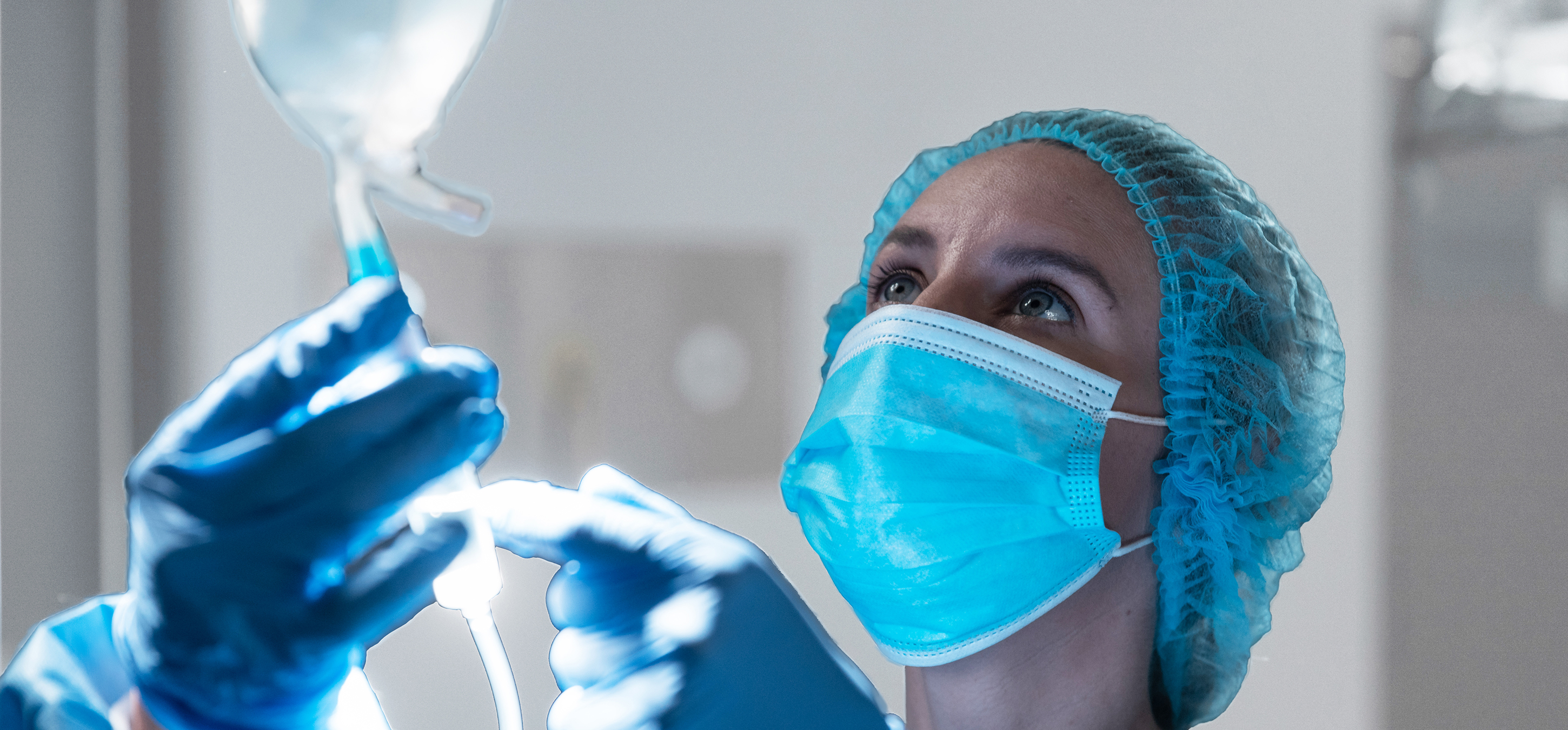- Home
- Innovative APIs
- Peptides
CPHI Online is the largest global marketplace in the pharma ingredients industry
-
Products551,744
-
Companies7,781
-
Articles11,636
-
Events8
-
Webinars342
Peptides
Peptides Companies (114)
Peptides News
-
News CordenPharma signs billion dollar agreement to manufacture new peptide
CordenPharma, the CDMO specialising in APIs, lipid excipients, and drug products, signs a new billion dollar contract to expand its manufacturing capabilities.10 Jan 2023 -
News Private equity firm to acquire CDMO CordenPharma from ICIG
Astorg has agreed to acquire the CDMO from privately-owned industrial group ICIG9 May 2022 -
News KKR-backed Biosynth Carbosynth acquires Vivitide
KKR closes its previously-announced acquisition of Biosynth Carbosynth and announces Biosynth's acquisition of vivitide.18 Mar 2022 -
News Hoth Therapeutics and WuXi strike API and drug product deal for cancer therapeutic
WuXi will use its new modality platform to provide an end-to-end solution for oligonucleotide peptide12 Nov 2021 -
News The Top 5 Industry Content Reads on CPHI Online
If you’re looking for news, product information and market trends from leading pharma companies, the CPHI-Online.com Company Showcases are a great resource for buyers who want to stay up to date, browse product portfolios and find the right partn...30 Nov 2020 -
News A new partnership is born: Rousselot and Faravelli
Rousselot and Faravelli announce Italian distribution partnership, effective from October 2020. Faravelli will distribute across Italy the Peptan, produced by Rousselot Health & Nutrition. They will also distribute pharmaceutical and food gelatins by R...20 Oct 2020 -
News Ajinomoto introduces fast track platform for drug product manufacturing
AJILITY is designed to speed novel or existing therapeutics from development to manufacturing and into the clinic.30 Jun 2020 -
News Sterling commences large-scale production of Nanologica’s silica particles
Using Nanologica's technology, Sterling will produce the large volumes of NLAB Saga chromatography material needed by Yunbo Technology to perform preparative chromatography.27 Aug 2019 -
News Caregen PTx delivers a first in science history
Caregen has developed a new Botulinum Toxin Type C peptide (PTx) for revolutionary topical applications which are effective in wrinkles, acne, pore & sebum control, hyperhidrosis, atopic dermatitis, muscle and chronic pain relief.8 Aug 2019 -
News HCP Kit for automated impurity analysis of biotherapeutics
Ready-to-use immunoassay kit increases analytical output and productivity in bioprocess workflows.21 Jun 2019 -
News Sanofi and Google to develop new healthcare Innovation Lab
Collaboration aims to change how Sanofi develops new treatments and will focus on to better understand patients and diseases, to increase Sanofi’s operational efficiency, and to improve the experience of Sanofi’s patients and customers.20 Jun 2019 -
News SGS Celebrates the Opening of the Biologics Testing Facility expansion in Glasgow
SGS has celebrated the official opening of the Biologics, Viral Vaccine, Gene and Cell Therapy Testing facility expansion in Glasgow, UK in May. The newly extended state-of-the-art facility now doubles the total floor space from 1,200 m2 ...30 May 2019 -
News SGS Appoints Biologics Manager at Facility in Illinois
SGS, a leading bio/pharmaceutical analytical and bioanalytical contract solutions provider, today announced the appointment of Dr. Haris Jamil as Biologics Manager of its recently expanded biopharmaceutical testing facility in Lincolnshire, Illinois, U...28 Feb 2019 -
News CPC and UNC Lineberger Comprehensive Cancer Center announce Neoantigen Peptide collaboration
CPC, a leading global CRO/CDMO specializing in synthetic peptide manufacturing, have announced that they will manufacture GMP-grade neoantigen peptides for investigators at UNC Lineberger Comprehesive Cancer Center (LCCC) for the purpose of individuali...26 Feb 2019 -
News Exclusive technology and marketing collaboration for sublingual delivery
WuXi STA will have exclusive access to BioLingus's novel platform to stabilize and deliver sublingually drug targets including small molecules, peptides and proteins, that are currently administered to patients via injection.25 Feb 2019 -
News MIT engineers repurpose wasp venom as an antibiotic drug
Altered peptides from a South American wasp’s venom can kill bacteria but are nontoxic to human cells.9 Dec 2018
Peptides Products (426)
-
Product Biologics
End-to-end development and manufacturing capabilities across different therapeutic modalities and the entire product lifecycle
Cutting-edge technology platforms for high yielding cell lines (both mammalian and microbial) and high concentration formulations
Integrated and flexible drug sub...
-
Product C18 & C8 Phases for Peptide Purification
We offer C18 and C8 spherical silica for peptide purification: • Available in metric tons • Effective regeneration protocols • Offered in bulk or packed in cartridges
We also offer R&D Services: • Method development, optimization & transfer • Process scaling-up & transfer to producti...
-
Product Glucagon
Fields of Application: Hypoglycemia (due to diabetes mellitus). Glucagon opposes the action of insulin. It enhances the synthesis and mobilization of glucose in the liver.
-
Product Peptides
We help to accelerate the time-to-market of your peptide APIs and formulations Dr. Reddy's peptide unit has decades of experience in process development and production of peptide APIs and formulations. This experience is brought to bear on a comprehensive offering that integrates a continuum of services ...
-
Product NeoPeptides(TM)
Our NeoPeptide(TM) experts have been associated with the individualised cancer vaccine field for several years and our MHRA registered facility and systems have been established to enable fully GMP compliant manufacture and release of 20-30 GMP peptides within less than three weeks. A bespoke Pharmaceutica...
-
Product Peptide CRDMO Platform
WuXi TIDES's Peptide platform includes a complete offering of services to bring your protein therapeutic to market faster while supporting a wide variety of conjugates including PPMO, Peptide-Antibody, Peptide-Linkers.
Services include but are not limited to: - Comprehensive Discovery Service...
-
Product ZLD, Zero Liquid Discharge
A Zero Liquid Discharge (ZLD) system is an advanced wastewater treatment process designed to eliminate liquid waste from a facility. By treating and recycling wastewater, ZLD systems recover water for reuse and concentrate the remaining waste into solid or liquid residues.
-
Product tBuO-Ste-Glu(AEEA-AEEA-OH)-OtBu
Used for Semaglutide synthesis
Other name: (S)-22-(tert-Butoxycarbonyl)-43,43-dimethyl-10,19,24,41-tetraoxo-3,6,12,15,42-pentaoxa-9,18,23-triazatetratetracontanoic acid
This side chain can be linked to P29 and Boc-His(Trt)-Aib-OH to produce Semaglutide.
-
Product PRODUCT LIST
ACTH, Abaloparatide, Afametanotide, Alarelin, Angiotensin I/II (1-7), Angiotensin II, Arginine Vasopressin, Atosiban, Buserelin, Carbetocin, Carperitide, Desmopressin, Elcatonin, Eledoisin, Etelcalcetide, Fertirelin, GHRP-6, GLP-1 (7-37), Ganirelix, Glucagon, Gonadorelin, Goserelin, Icatibant, Lanreotide, ...
-
Product Synthetic Peptide APIs Portfolio
US DMF Approved: • Vasopressin • Icatibant acetate • Leuprolide acetate • Linaclotide • Etelcalcetide • Desmopressin US DMF Filed: • Calcitonin salmon • Ganirelix acetate • Degarelix • Glatiramer acetate • Plecanatide • Teriparat...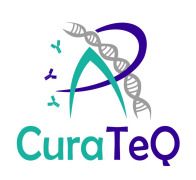
-
Product Generic Peptides
GMP-grade peptide APIs AVAILABLE GENERIC PEPTIDES: • Bivalirudin trifluoroacetate • Eptifibatide acetate • Exenatide acetate • Glatiramer acetate • Glucagon acetate • Glucagon hydrochloride • Glucagon-like peptide • Gonadorelin acetate • Goserelin acetate • Leuprolide acet... -
Product Fish Collagen Peptide
We are exporting Fish Collagen Peptide & Fish Gelatin to the USA, Europe, UK, Canada, South Korea, Israel, Singapore, Japan CIS countries, Thailand, Malaysia, and many other countries.
Our Fish Collagen Peptide is Odourless and Tasteless with 100 % solubility in water or oil.
...
-
Product β-Nicotinamide Mononucleotide NMN Beta CAS 1094-61-7
Product Details
Place of Origin: China
Brand Name: Sunshine
Certification: ISO,COA
Model Number: 1094-61-7
Payment & Shipping Terms
Minimum Order Quantity: Negotiation
Price: Negotiation
Packaging Details: Aluminum ...
-
Product Boc-Amino Acids
Any other impurity≤0.10%Purity (HPLC)≥99.0%(Area%)Assay(AT)≥98.5%(AT)Water(K.F)≤1.0 %
-
Product Gonadorelin Acetate
Gonadorelin Acetate is used in veterinary medicine for the management of reproductive disorders in animals, particularly in cattle and horses. It is used to stimulate ovulation in mares, increase sperm production in stallions, and induce estrus in cows. It may also be used to treat certain conditions such ...
-
Product Thymalfasin for Injection
• Thymosin α1 for Injection is a purified, sterile lyophilized preparation of chemically synthesized thymosin alpha 1. It is supplied in single use vials containing 1.6 mg of lyophilized thymosin alpha 1 per vial. This drug is indicated for the treatment of chronic hepatitis B in patients 18 years of age ...
-
Product 1 GHz NMR
New Evo 1 GHz NMR fits in 1 story building, uses 70% less helium. Ideally suited to characterise complex molecules such as RNA, oligonucleotides, peptides, antibodies and more!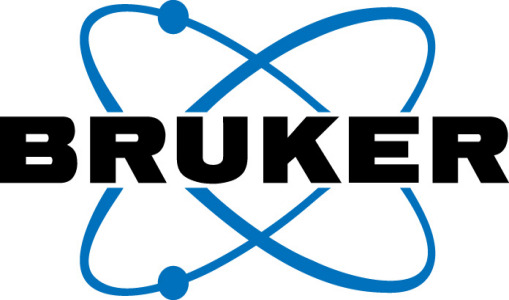
-
Product CordenPharma's Early-Phase Peptide Centre of Excellence
In addition to the largest worldwide capacity of commercial SPPS peptide production up to batch sizes exceeding 400 kg (> 35 Amino Acids), and a yearly capacity of > 2 Metric Tons of Peptide, CordenPharma's multi-pronged approach to becoming the #1 peptide CDMO supplier extends to small-scale capabilities,...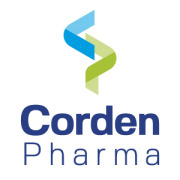
-
Product H-Glu-OtBu
L-Glutamicacid tert-butyl ester;H-Glu-OtBu is a non cleavable ADC linker used in the synthesis of antibody drug conjugates (ADCs). H-Glu-OtBu is also an alkyl chain based PROTAC linker that can be used to synthesize PROTAC
-
Product Semaglutide
Indicated as an adjunct to diet and exercise to improve glycemic control in adults with type 2 diabetes mellitus , to reduce the risk of major adverse cardiovascular events (cardiovascular death, non-fatal myocardial infarction or non-fatal stroke) in adults with type 2 diabetes mellitus and est...
-
Product Semaglutide API
Recombinant Semaglutide for Diabetes and Obesity. Available in oral grade with purity of >98% and injection grade with purity >99%. DMF available. Annual capacity of 300 Kg. By 2022, the global sales of Semaglutide preparations will be approximately USD 24.3 billion, in a high-growth phase, with huge...
-
Product Custom Bonding and Chromatography Resins for Small and Large Molecule Purification
Grace offers high quality chromatography silica resins with a wide range of pore diameters, particle sizes, and chromatography phases. We provide custom bonding of silica (30Å-4500Å; 5µm to 200µm) for different reversed and normal phases, ion exchange, and other chemistries. We develop and manufacture ...
-
Product Active Pharmaceutical Ingredients
Actylis manufactures and supplies a wide range of active pharmaceutical ingredients (APIs) to many generic drug companies in the pharmaceutical industry. Active pharmaceutical ingredients are the active components of a drug product. Actylis is a valued partner in our clients' effort to develop and mar...
-
Product Liposomal VIT C
Orange. Vanilla. Recommended daily dosage: 10 mL/day (1000 mg Vitamin C).
Did you know that glutathione is an antioxidant that protects our cells from free radicals and harmful toxins?
Since our cellular glutathione levels decrease with age, supplementation is advised.&...
-
Product Fmoc-L-Lys[Oct-(otBu)-Glu-(otBu)-AEEA-AEEA]-OH CAS 1662688-20-1
This product has already in commercial and the batch size is 12kg/batch.The single impurity is not more than 0.2%, total impurity is not more than 0.5% and the purity can reach more than 98%. We did the whole impurity research for this product.
-
Product PEP2DIA®
Pep2Dia® is Ingredia’s new health ingredient for healthy blood sugar levels. Pep2Dia® is a patented milk protein hydrolysate with an active dipeptide AP, specifically designed for prediabetes, to help manage blood sugar and to reduce blood sugar levels. Pep2Dia® is the result of extensive...
-
Product Collagen Peptides - Our strong brands
Use one of our strong international GELITA Health brands in license: QYRA®, CH-Alpha®, ShapeUp®, convitar®?
GELITA Health stands for innovative food supplements for the international market with proven added value for health, beauty and a better quality of life.
Our products are ...
-
Product Leuprolide
Leuprolide Acetate is an analogue of Gonadorelin with similar properties. It is used for the treatment of prostate cancer. Furthermore, it is used for the treatment of central precocious puberty and in the management of endometriosis.
-
Product Triptorelin Acetate
Product Name:Triptorelin Acetate;Cas No. 57773-63-4;Sequence Pyr-His-Trp-Ser-Tyr-D-Trp-Leu-Arg-Pro-Gly-NH2;Molecular Formula C64H82N18O13;Molar Mass 1311.5 g/mol;Purity ≥98%;Impurity ≤0.5% ;Storage Temperature 2-8℃;Packing Size 1G/Bottle, 10G/Bottle,50G/Bottle or at customers reqirement.
Triptorelin Ace...
-
Product Octreotide
Octreotide is the acetate salt of a cyclic octapeptide. It is a long-acting octapeptide with pharmacologic properties mimicking those of the natural hormone somatostatin. Prevention and treatment of acute pancreatitis and upper gastrointestinal bleeding, and can also be used for portal hypertension a...
-
Product Matrixyl(Palmitoyl Pentapeptide)
CAS No: 214047-00-4Sequence: Pal-Lys-Thr- Thr- Lys-Ser-OH Fields of Application: Anti-wrinkle Main product: Oxytocin Acetate,Vasopressin Acetate,Desmopressin Acetate,Terlipressin acetate, Caspofungin acetate, Micafungin sodium, Eptifibatide acetate, Bivalirudin...
-
Product HBTU; CAS#94790-37-1 Peptide Coupling Reagent
Coupling Reagents of peptides; Purity(HPLC): 99% min;
-
Product Degarelix
Hainan Shuangcheng Pharmaceuticals Co. manufactures apis and generic finished dosage products which includes degarelix. It belongs to generic peptide apis products category. Contact us for more information.
-
Product Wastewater and sludge disposal service
We treat up to 400,000 m3 per year of liquid waste, thanks to our treatment centre that combines different technologies, from conventional biological treatments to advanced treatments such as wet oxidation. Mindful of the significance not only of waste treatment but also of the recovery of valuable sub...
-
Product Peptides & Oligonucleotides/Peptistar®
NAGASE offers contract manufacturing services for Oligonucleotides APIs through collaboration with PeptiStar Inc.®. PeptiStar®, a technology driven CDMO (Contract Development and Manufacturing Organization), was established in Osaka, Japan in 2017. PeptiStar® offers value-added services by utilizing th...
-
Product Semaglutide
CCSB commercialized fermentation and semi-synthesis products like Tacrolimus, Everolimus, Sirolimus and Caspofungin Acetate and are in position to offer the these expertises to Semaglutide API.
-
Product NCE Peptide API Manufacturing
AmbioPharm, Inc. (APi) is a full-service peptide manufacturing company headquartered at our North Augusta, South Carolina, USA cGMP production site. Our second cGMP facility in Shanghai, China, performs process development & optimization, and manufactures building blocks, raw materials, and ...
-
Product Semaglutide
Hybio offers a wide range of peptide products, including Semaglutide. Contact us for more information.
-
Product Custom Protein Synthesis
We provide a Custom Protein Synthesis Service, using a chemical method that synthesises proteins amino acid by amino acid and making modifications on an atomic-scale. We work closely with our partners in designing, customising and optimising the proteins that is synthesized in an automa...
-
Product L-Carnosine
HAMARI offers a wide range of carnosine derivatives products which includes L-carnosine. Contact us for more information.
-
Product APIs & Intermediates
We leverage our experience in everything – from R&D to process innovation to navigating the complex global regulatory arena – to help clients efficiently develop and manufacture quality products • Small Molecules
• Carbapenems
• Glycans
• Peptides qq...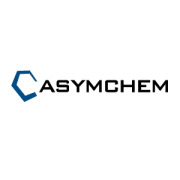
-
Product Semaglutide
Neuland Laboratories Limited offers a wide range of API's which includes Semaglutide. Therapeutic segment: Antidiabetic . Contact us for more information.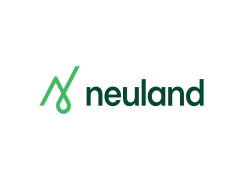
-
Product Desmopressin
Desmopressin is part of our peptide portfolio. All our APIs are produced routinely and on commercial scale according to cGMP.Aspen Oss has 50 years of peptide experience. We have a batch to batch reproducibility combined with high yield and purify profiles.
-
Product Bivalirudin Acetate
Sinoway industrial co., ltd offers a wide range of products which includes Bivalirudin Acetate. It belongs to pharmaceutical peptides category. Contact us for more information. -
Product Type II Collagen Peptides
Packing: 18kg/drum. Application : used in nutraceutical , pharmaceutical, food, and cosmetics industries.
Features: white to light yellow powder, the inherent odour and taste of collagen peptides; strong water imbibition, easily soluble in water;
Contact us for more information.
-
Product Degarelix
Degarelix is used for the treatment of advanced prostate cancer, the DMF is available now.
-
Product Hobt Anhydrous
Novolite Chemicals Co Ltd offers a wide range of products which includes hobt anhydrous. Contact us for more information.
-
Product Alarelin Acetate
GL Biochem (Shanghai) Co., Ltd offers a wide range of peptide which includes Alarelin Acetate. Contact us for more information.
-
Product (alphaR)-alpha-[[[2-(4-Aminophenyl)ethyl]
Neostar united industrial co. Ltd offers a wide range of products which includes (alphar)-alpha-[[[2-(4-aminophenyl)ethyl]amino]methyl]benzenemethanol hydrochloride. It belongs to api & api intermediates category. Contact us for more information.
-
Product Fmoc isoacyl dipeptides
Neuland laboratories offers wide range of products which includes fmoc isoacyl dipeptides. It belongs to peptides category. Contact us for more information.
-
Product Leuprolide Acetate
Fields of Application: Advanced hormone-dependent prostate cancer, Advanced hormone-dependent breast cancer, Endometriosis, Uterine myoma, Central precocious puberty. Leuprolide Acetate is a potent LHRH agonist. After a transient increase, continuous administration results in downregulation of LH and FSH l...
-
Product API Services, Chemical Development & Manufacture
Almac’s strength in API development and manufacture is proven by being the partner of choice for many pharma and biotech companies seeking integrated drug development solutions from molecule to market.
Our technical expertise and extensive facilities enable us to offer integrated API contract ma...
-
Product Custom and Flow Chemistry
Our continuous flow technology platform enables access to better synthetic strategies which are shorter, offer assured safety, reduce environmental impact and control of by-products. In addition, improved yields and improved reaction selectivity is achievable. With the reaction under tight control, the...
-
Product Solvent stripping unit
A tailor-made solvent stripping unit is an industrial system precisely customized to meet the specific requirements of a given process or product. Engineered to efficiently remove residual solvents from liquid mixtures, it is designed with a focus on minimizing operational costs.
-
Product Aerobic system
These secondary treatments are used to break down any biodegradable organic matter and to remove non-settleable solids that cannot be separated by physical treatment.
-
Product Chemical-physical plant
The chemical-physical treatment allows the processing of heavily polluted wastewater, including those with suspended metals, which cannot be treated using biological systems. These wastewater treatments utilize the chemical processes of flocculation and sedimentation, combined with the physical pr...
-
Product tBuO-C20-Glu(AEEA-AEEA-OH)-OtBu
Used for Tirzepatide synthesis
Other name: (S)-22-(tert-Butoxycarbonyl)-45,45-dimethyl-10,19,24,43-tetraoxo-3,6,12,15,44-pentaoxa-9,18,23-triazahexatetracontanoic acid

-
Product Octadecanedioic Acid Mono-tert-butyl Ester
Another product 20-(Tert-Butoxy)-20-Oxoicosanoic Acid CAS#683239-16-9 can be used for Tirzepatide side chain
-
Product Dipeptides
Used for Peptide synthesis
Boc-His(Trt)-Aib-OH CAS#2061897-68-3
Boc-Tyr(tBu)-Aib-OH
Used for Culture media
Gly-Tyr CAS#39630-46-1
Ala-Tyr CAS#3061-88-9
-
Product NEOANTIGEN PEPTIDES
Our Peptide-based Personalised Medicine Laboratory (PPM Lab) has been designed and equipped with state-of-the-art technology to meet the unique requirements of neoantigens production. A dedicated and experienced team of chemists and doctors ensures full control of the processes.
The implementati...
-
Product GMP Peptide Manufacturing
With more than a decade of committed service to the peptide industry, CPC Scientific is a trusted provider of high-quality peptides to researchers and pharmaceutical companies all over the world. The CPC Group is comprised of peptide experts who have actively pursued peptide design and large scale ... -
Product Catalog Peptides
CPC Scientific provides high-quality, ready-to-use peptides to make your life easier by increasing your efficiency and reducing your costs. Each month, we unveil our latest peptides designed for your most urgent research needs. Many of these peptides have been frequently cited in the lite rature... -
Product Cbz-Amino Acids
Any other impurity≤0.10%Purity (HPLC)≥99.0%(Area%)Assay(AT)≥98.5%(AT)Water(K.F)≤1.0 %

-
Product Atosiban Acetate Injection
Atosiban is an inhibitor of the hormones oxytocin and vasopressin. It is used as an intravenous medication as a labour repressant to halt premature labor. Atosiban Acetate Injection is indicated to delay imm...
-
Product Thymopentin for injection
Thymopentin is a synthetic pentapeptide which is the active site of the naturally occurring hormone thymopoietin with immunomodulating properties. Thymopentin enhances the production of thymic T cells and may help restore immunocompetence in immunosuppressed subjects. 【Indications】
(1) Patients wit...
-
Product L-Lys(Boc)
Amino acids and their derivatives have been commercialized as energy supplements. They affect the secretion of anabolic hormones, fuel supply during exercise, mental performance during stress related tasks, and prevent muscle damage caused by exercise.
-
Product Fmoc-Asp(OtBu)-OH
Fmoc Asp (OtBu) - OH (4-tert butyl N - (fluorene 9-methoxycarbonyl) - L-aspartic acid) is an aspartic ester derivative containing an amine protecting group Fmoc. Fmoc Asp (OtBu) OH can be used for peptide synthesis
-
Product Fmoc-Arg(Pbf)-OH
Fmoc Arg (Pbf) - OH is an arginine derivative containing the amine protecting group Fmoc. Fmoc Arg (Pbf) - OH is the basis for introducing Arg into SPPS (Solid Phase Peptide Synthesis)
-
Product Tirzepatide
Glucose-dependent insulinotropic polypeptide (GIP) receptor and glucagon-like peptide-1 (GLP-1) receptor agonist indicated as an adjunct to diet and exercise to improve glycemic control in adults with type 2 diabetes mellitus.

-
Product Cetrorelix Acetate
Indicated for the inhibition of premature LH surges in women undergoing controlled ovarian stimulation.
-
Product CordenPharma Peptides Platform
Your Expert Partner for Peptide APIs
• >> Proven track record delivering world class manufacturing services from early stage to commercial supply, including complex products (e.g., Linaclotide, Enfuvirtide, Mifamurtide, Eptifibatide, Glatiramer, GLP analogues). • >> Proprietary...
-
Product CordenPharma Peptides APIs
CordenPharma is one of the leading manufacturers of peptide Active Pharmaceutical Ingredients (APIs) with an unprecedented track record of experience in supporting our customer along the value chain ranging from early clinical to commercial in worldwide markets. Today we support more than 50 cGMP devel...
-
Product Peptides, Lipids & Carbohydrates Technology Platform Brochure
Your Expert Partner for Standard & Proprietary Lipids & Carbohydrates • A specialized Lipids offering including custom and standard lipids (Glycero-Phospholipids, Sphingolipids, Phosphocholine, Pegylated, and Cationic Lipids) • Lipids for support of mRNA vaccine production including Phospho...
-
Product CordenPharma Oligonucleotide Platform
Your Expert Partner for Oligonucleotide APIs
• Process Development & Small-scale: scale-up to 10 mmol per run(small-scale equipment can also support early-stage supply)
• Scale-up & Small to Medium-scale: scale-up to 100 mmol per run(supported by OligoPilotTM equipment)
• ...
-
Product Liposomal VIT C + Zink
Peach. Vanilla. Recommended daily dosage: 10 mL/day (25 mg Zinc, 1000 mg Vitamin C).
We added zinc to our liquid liposomal vitamin C because this combination has excellent antioxidant properties. In addition, zinc itself is involved in several biochemical pathways from DNA ...
-
Product Liposomal Glutathione
Lemon. Green apple. Recommended daily dosage:
10 mL/day (400 mg Glutathione).i
Did you know that glutathione is an antioxidant that protects our cells from free radicals and harmful toxins? Since our cellular glutathione levels decrease with age, supplementation is advised.&nbs...
-
Product Liposomal VIT D3 + K2
Blood orange. Vanilla.Recommended daily dosage:
5ml (75 μg K2-MK7, 25µg (1000 IU) Vitamin D3).
Did you know that this vitamin combination results in healthy organs and tissues? Together, vitamins D3 and K2 contribute to the maintenance and functions of muscles, bones, immunity and moo...
-
Product Liposomal Quercetin
Ginger. Recommended daily dosage:
10 mL/day (250 mg Quercetin)
This plant-derived ingredient has excellent antioxidant properties. It can protect you from allergies, inflammation and hypertension. Several scientific studies have proven that advanced liposomal tech...
-
Product 20-(tert-Butoxy)-20-oxoicosanoic acid CAS 683239-16-9
Molecular Weight: 398.62
Molecular Formula:C24H46O4
Appearance: white to off-white powder
Application: medical intermediate
Delivery Time: Available goods in stock
Package: inside: double PE bag outside: paper drum
...
-
Product C20-OtBu-Glu(OtBu)-AEEA-AEEA-OH CAS 1188328-37-1
Molecular Weight: 874.17
Molecular Formula:C45H83N3O13
Appearance: Yellowish
Application: medical intermediate
Delivery Time: Spot goods
Package: inside: glass bottle outside: paper drum
Port: any port in China
Production Cap...
-
Product L-Glu-OtBu CAS 45120-30-7
CAS:45120-30-7
Molecular Weight: 203.24
Molecular Formula:C9H17NO4
Appearance: white to off-white powder
Application: medical intermediate
Delivery Time: Available goods in stock
Package: inside: double PE bags &nbs...
-
Product Fmoc-Lys(Pal-Glu-OtBu)-OH CAS 1491158-62-3
Molecular Weight: 792.07
Molecular Formula:C46H69N3O8
Appearance: white to off-white powder
Application: medical intermediate
Delivery Time: Available goods in stock
Package: inside: double PE bags outside: paper drum
qq...
-
Product Semaglutide side chain CAS 1118767-16-0
semaglutide side chain has already in Kilogram production, and the single impurity is not more than 0.2%, total impurity is not more than 2.0% and the purity can reach more than 98.5%. We had alredy did the impurities research.

-
Product SNAC CAS 203787-91-1
CAS:203787-91-1
Molecular Weight:301.31337
Molecular Formula: C15H20NNaO4
Appearance: white powder
Application: medical intermediate
Delivery Time: Available goods in stock
Package: inside: douple PE bag outside: paper drum
...
-
Product Fmoc-L-Lys[C20-OtBu-Glu(OtBu)-AEEA-AEEA]-OH CAS: 2460751-66-8
Molecular Weight: 1224.59
Molecular Formula:C66H105N5O16
Appearance: Yellowish
Application: medical intermediate
The project began to be developed in 2020. The raw maerial of the side chain is produced by Pukang which guarantee the quality and continu...
-
Product C16-(OtBu)-Glu(OSU)-OtBu CAS 843666-26-2
CAS:843666-26-2
Molecular Weight: 624.82
Molecular Formula:C33H56N2O9
Appearance: white to off-white powder
Application: medical intermediate
Delivery Time: Available goods in stock
Package: inside: double PE bags &...
-
Product Fmoc-Ile-Aib-OH CAS 2171139-20-9
Molecular Weight: 438.22
Molecular Formula:C25H30N2O5
Appearance: White to off-white powder
Application: medical intermediate
Delivery Time: Available goods in stock
Package: inside:double PE bags outside:paper drum
Po...
-
Product Ste-Glu-AEEA-AEEA-OSU CAS 1169630-40-3
Molecular Weight: 830.97
Molecular Formula:C39H66N4O15
Appearance: white to off-white powder
Application: medical intermediate
Delivery Time: Available goods in stock
Package: inside: double PE bag outside: paper drum
q...
-
Product LACTIUM®
Lactium® is a natural milk protein hydrolysate that contains a bioactive decapeptide with relaxing properties, called alpha-casozepine. Lactium® acts as an anxiolytic with an affinity for the GABAA receptor, more specifically for its benzodiazepine site. Lactium® is a natural bioactive without any tox...
-
Product CH-Alpha® Product Range
Mobile and active throughout life.
CH-Alpha® is an innovative range of food supplements targeting joint health.
The scientifically proven Bioactive Collagen Peptides FORTIGEL® is the main active ingredient.
Collagenous protein makes up nearly 70% of cartilage mass. Healthy ...
-
Product ShapeUp®
GELITA Health sports nutrition range: active and at peak fitness throughout life.
ShapeUp®, pure collagen peptide powder for a toned body and active lifestyle.
ShapeUp® is an effective food supplement containing the pure, high-quality Bioactive Collagen Peptides BODYBALANCE®.&nbs...
-
Product Goserelin Acetate
Fields of Application: Advanced hormone-dependent prostate cancer, Advanced hormone-dependent breast cancer, Endometriosis, Uterine myoma, Use in reproductive medicine. Goserelin Acetate is a potent LHRH agonist. After a transient increase, continuous administration results in downregulation of LH and FSH ...
-
Product Bivslirudin
Product Name:Bivalirudin;Cas No. 128270-60-0Sequence D-Phe-Pro-Arg-Pro-Gly-Gly-Gly-Gly-Asn-Gly-Asp-Phe-Glu-Glu-Ile-Pro-Glu-Glu-Tyr-Leu-OH;Molecular Formula C98H138N24O33;Molar Mass 2180.29 g/mol;Molecular Weight: 2180.29 g/mol;Purity ≥98%;Impurity ≤0.5% ;Storage Temperature 2-8℃;Packing Size 1G/Bottle, 10G...
-
Product GLP-1 (7-37)
GLP-1(7-37)
Full Name:GLP-1(7-37)
Cas No:106612-94-6Molecular Weight: 3355.71Formula: C151H228N40O47
Sequence:H-His-Ala-Glu-Gly-Thr-Phe-Thr-Ser-Asp-Val-Ser-Ser-Tyr-Leu-Glu-Gly-Gln-Ala-Ala-Lys-Glu-Phe-Ile-Ala-Trp-Leu-Val-Lys-Gly-Arg-Gly-OH
Purity:≥98.0%
...
-
Product Icatibant
Product Name:Icatibant ;Cas No. 130308-48-4;Sequence Pyr-His-Trp-Ser-Tyr-D-Trp-Leu-Arg-Pro-Gly-NH2;Molecular Formula C59H89N19O13S;Molar Mass 1304.52 g/mol;Purity ≥98%;Impurity ≤0.5% ;Storage Temperature 2-8℃;Packing Size 1G/Bottle, 10G/Bottle,50G/Bottle or at customers reqirement.
Application field: Ic...
-
Product Abarelix
Product Name:Abarelix AcetateCas No. :183552-38-7Sequence:Ac-D-2-Nal-D-4-Cpa-D-3-Pal-Ser-NMeTyr-DAsp-Leu-Lys(ipr)-Pro-DAla-NH2Molecular Formula:C72H95ClN14O14Molar Mass:1416.06 g/molPurity:≥98%Impurity : ≤0.5% Storage Temperature 2-8℃Packing Size 1G/Bottle, 10G/Bottle,50G/Bottle or at customers reqire...
-
Product Pasireotide
Pasireotide
Full Name:Pasireotide/p>
Cas No:396091-73-9
Molecular Formular: C58H66N10O9Molecular Weight: 1047.21Sequence:Cyclo[(2S)-2-phenylglycyl-D-tryptophyl-L-lysyl-O-(phenylmethyl)-L-tyrosyl-L-phenylalanyl-(4R)-4-[[[(2-aminoethyl)amino]carbonyl]oxy]-L-prolyl]
q...
-
Product Desmopressin Acetate
Product Name: Desmopressin Acetate;Cas No. 16679-58-6;Sequence Mpr-Tyr-Phe-Gln-Asn-Cys-Pro-DArg-Gly-NH2;Molecular Formula C46H64N14O12S2;Molar Mass 1069.22 g/mol;Purity ≥98%;Impurity ≤0.5% ;Storage Temperature 2-8℃;Packing Size 1G/Bottle, 10G/Bottle,50G/Bottle or at customers reqirement.
Desmopressin Ac...
-
Product Atosiban Acetate
Product Name:Atosiban Acetate;Cas No. 90779-69-4;Sequence Mpa-D-Tyr(ET)-Ile-Thr-Asn-Cys-Pro-Orn-Gly-NH2(Cyclic1-6);Molecular Formula C43H67N11O12S2;Molar Mass 994.199 g/mol;Purity ≥98%;Impurity ≤0.5% ;Storage Temperature 2-8℃;Packing Size 1G/Bottle, 10G/Bottle,50G/Bottle or at customers reqirement.
Atos...
-
Product Leuprorelin Acetate
Product Name: Leuprorelin Acetate;Cas No. 74381-53-6;Sequence Glp-His-Trp-Ser-Tyr-DLeu-Leu-Arg-Pro-NHEt;Molecular Formula C59H84N16O12;Molar Mass 1209.4 g/mol;Purity ≥98%;Impurity ≤0.5% ;Storage Temperature 2-8℃;Packing Size 1G/Bottle, 10G/Bottle,50G/Bottle or at customers reqirement.
Leuprorelin Acetat...
-
Product Eptifibatide
Product Name Eptifibatide Acetate;Cas No. 148031-34-9;Sequence Mpr-Har-Gly-Asp-Trp-Pro-Cys-NH2(Mpr1&Cys7);Molecular Formula C35H49N11O9S2;Molar Mass 831.96 g/mol;Purity ≥98%;Impurity ≤0.5% ;Storage Temperature 2-8℃;Packing Size 1G/Bottle, 10G/Bottle,50G/Bottle or at customers reqirement.
Eptifibatid...
-
Product Enfuvirtide
Product Name:Enfuvirtide AcetateCas No. :159519-65-0Sequence :AC-Tyr-Thr-Ser-Leu-Ile-His-Ser-Leu-Ile-Glu-Glu-Ser-Gln-Asn-Gln-Gln-Glu-Lys-Asn-Glu-Gln-Glu-Leu-Leu-Glu-Leu-Asp-Lys-Trp-Ala-Ser-Leu-Trp-Asn-Trp-Phe-NH2Molecular Formula :C204H301N51O64Molar Mass :4492.1 g/molPurity :≥98%Impurity :≤0.5% Stora...
-
Product Somatostatin Acetate
Product Name:Somatostatin Acetate;Cas No. 38916-34-6;Sequence H-Ala-Gly-c(Cys-Lys-Asn-Phe-Phe-Trp-Lys-Thr-Phe-Thr-Ser-Cys)-OH);Molecular Formula C76H104N18O19S2;Molar Mass 1637.88 g/mol;Purity ≥98%;Impurity ≤0.5% ;Storage Temperature 2-8℃;Packing Size 1G/Bottle, 10G/Bottle,50G/Bottle or at customers reqire...
-
Product Liraglutide
Product Name Liraglutide;Cas No. 204656-20-2;
Sequence H-His-Ala-Glu-Gly-Thr-Phe-Thr-Ser-Asp-Val-Ser-Ser-Tyr-Leu-Glu-Gly-Gln-Ala-Ala-Lys(N-ε-(Nα-Palmitoyl-L-γ-glutamyl))-Glu-Phe-Ile-Ala-Trp-Leu-Val-Arg-Gly-Arg-Gly-OH;
Molecular Formula C172H265N43O51;
Molar Mass 3751.202 g/mol;
Purity ≥98%;Impu...
-
Product Plecanatide
Product Name:Plecanatide; Cas No. 467426-54-6; Sequence H-Asn-Asp-Glu-Cys-Glu-Leu-Cys-Val-Asn-Val-Ala-Cys-Thr-Gly-Cys-Leu-OH ;Molecular Formula C65H104N18O26S4; Molar Mass 1681.887 g/mol; Purity ≥98%; Impurity ≤0.5% ; Storage Temperature 2-8℃; Packing Size 1G/Bottle, 10G/Bottle,50G...
-
Product Ganirelix
Product Name:GanirelixCas No. 123246-29-7Sequence Ac-D-2-Nal-D-Phe(4-Cl)-D-3-Pal-Ser-Tyr-D-Lys(C(NHEt)2)-Leu-Lys(C(NHEt)2)-Pro-D-Ala-NH2Molecular Formula C80H113ClN18O13Molar Mass 1570.34g/molPurity ≥98%Impurity ≤0.5% Storage Temperature 2-8℃Packing Size 1G/Bottle, 10G/Bottle,50G/Bottle or at customer...
-
Product Degarelix
Product Name:Degarelix Acetate;Cas No. 214766-78-6;Sequence Ac-D2Nal-D4Cpa-3Pal-Ser-4Aph(Hor)-D4Aph(Cbm)-Leu-Lys(Ipr)-Pro-DAla-NH2;Molecular Formula C82H103ClN18O16;Molar Mass 1630.75 g/mol;Purity ≥98%;Impurity ≤0.5% ;Storage Temperature 2-8℃;Packing Size 1G/Bottle, 10G/Bottle,50G/Bottle or at customers re...
-
Product Taltirelin
Product Name: TaltirelinCAS Number 103300-74-9Formula C17H31N7O9Molar mass 477.46 g/molMolecular Weight: 405.41g/molSequence: 1-methyl-4,5-dihydroorotyl-His-Pro-NH2Density:1.447 g/cm3Storage:-20°Packing Size 1G/Bottle, 10G/Bottle,50G/Bottle or at customers reqirement.
Taltirelin ca...
-
Product Lypressin
product Name:LypressinCAS No.: 50-57-7Molecular Formula C46H65N13O12S2 Molecular Weight 1056.2182sequenceCys-Tyr-Phe-Gln-Asn-Cys-Pro-Lys-Gly-NH2 (Disulfide bridge: Cys1-Cys6)Density 1.31g/cm3Boiling point 1610.4°C at 760 mmHgMolecular Weight: 1056.225 g/mol 1056.225 g/mol Purity ≥98%Impurity ≤0.5...
-
Product Exenatide Acetate
Product Name: Exenatide Acetate;Cas No. 141732-76-5;Sequence H-His-Gly-Glu-Gly-Thr-Phe-Thr-Ser-Asp-Leu-Ser-Lys-Gln-Met-Glu-Glu-Glu-Ala-Val-Arg-Leu-Phe-Ile-Glu-Trp-Leu-Lys-Asn-Gly-Gly-Pro-Ser-Ser-Gly-Ala-Pro-Pro-Pro-Ser-NH2;Molecular Formula C184H282N50O60S;Molar Mass 4186.6 g/mol;Purity ≥98%;Impurity ≤0.5%...
-
Product Carbetocin Acetate
Product Name: Carbetocin Acetate;Cas No. 37025-55-1;Sequence C(CH2CH2CH2CONH-Tyr(Me)-Ile-Gln-Asn-Cys)-Pro-Leu-Gly-NH2;Molecular Formula C45H69N11O12S;Molar Mass 988.162 g/mol;Purity ≥98%;Impurity ≤0.5% ;Storage Temperature 2-8℃;Packing Size 1G/Bottle, 10G/Bottle,50G/Bottle or at customers reqirement.
Ca...
-
Product Nesiritide
Full Name:Nesiritide
Cas No:124584-08-3
Molecular Formula: C143H244N50O42S4Molar mass: 3464 g/molSequence: Ser-Pro-Lys-Met-Val-Gln-Gly-Ser-Gly-Cys-Phe-Gly-Arg-Lys-Met-Asp-Arg-Ile-Ser-Ser-Ser-Ser-Gly-Leu-Gly-Cys-Lys-Val-Leu-Arg-Arg-His{MonoDisulfidebridge} | H-Ser-Pro-Lys-Met-Val-Gln-G...
-
Product Teriparatide Acetate
Product Name:Teriparatide Acetate;Cas No. 52232-67-4;Sequence H-Ser-Val-Ser-Glu-Ile-Gln-Leu-Met-His-Asn-Leu-Gly-Lys-His-Leu-Asn-Ser-Met-Glu-Arg-Val-Glu-Trp-Leu-Arg-Lys-Lys-Leu-Gln-Asp-Val-His-Asn-Phe-OH;Molecular Formula C181H291N55O51S2;Molar Mass 4117.72 g/mol;Purity ≥98%;Impurity ≤0.5% ;Storage Temperat...
-
Product Argipressin
Product Name: ArgipressineCAS No.: 113-79-1Formular: C46H65N15O12S2Molar Mass: 1084.23 g/molSequence : [Cys-Tyr-Phe-Gln-Asn-Cys]-Pro-Arg-Gly-NH2 Purity ≥98%;Impurity ≤0.5% ;Storage Temperature 2-8℃;Packing Size 1G/Bottle, 10G/Bottle,50G/Bottle or at customers reqirement.
Argpressin is the predomina...
-
Product Oxytocin Acetate
Full Name:Oxytocin
Cas No:50-56-6
Sequence:c(Cys-Tyr-Ile-Gln-Asn-Cys)Pro-Leu-Gly-NH2
Purity:≥95.0%
Here is the chemical structural formula
Application field: Oxytocin is a peptide hormone and neuropeptide also used as a medication to facilitate childbi...
-
Product Lanreotide
Lanreotide
Full Name:Lanreotide
Cas No:108736-35-2
Sequence:{D-2Nal}-Cys-Tyr-{D-Trp}-Lys-Val-Cys-Thr-NH2(disulfide bond Cys2&Cys7)
Molecular Formular: C54H69N11O10S2Molecular Weight: 1096.32336 g/molPurity:≥98.0%
Here is the chemical structural for...
-
Product Ziconotide Acetate
Zicontide Acetate
Full Name:Zicontide Acetate
Cas No:107452-89-1
Molecular Formular: C102H172N36O32S7Molecular Weight: 2639.13Sequence:H-Cys-Lys-Gly-Lys-Gly-Ala-Lys-Cys-Ser-Arg-Leu-Met-Tyr-Asp-Cys-Cys-Thr-Gly-Ser-Cys-Arg-Ser-Gly-Lys-Cys-NH2
Purity:≥98.0%
qq...
-
Product Pramlintide
Product Name:Pramlintide;Cas No. 196078-30-5;Sequence Lys-C[Cys-Asn-Thr-Ala-Thr-Cys]-Ala-Thr-Gln-Arg-Leu-Ala-Asn-Phe-Leu-Val-His-Ser-Ser-Asn-Asn-Phe-Phe-Pro-Ile-Leu-Pro-Pro-Thr-Asn-Val-Gly-Ser-Asn-Thr-Tyr-NH2;Molecular Formula C171H269N51O53S2;Molar Mass 3951.41 g/mol;Purity ≥98%;Impurity ≤0.5% ;Storage Te...
-
Product Sincalide
Product Name Sincalide;Cas No. 25126-32-3;Sequence Asp-Tyr(SO3H)-Met-Gly-Trp-Met-Asp-Phe-NH2;Molecular Formula C49H62N10O16S3;Molar Mass 1143.27 g/mol;Purity ≥98%;Impurity ≤0.5% ;Storage Temperature 2-8℃;Packing Size 1G/Bottle, 10G/Bottle,50G/Bottle or at customers reqirement.
Sincalide is a ...
-
Product Octreotide Acetate
Full name : Octreotide Acetate Cas No.: 79517-01-4Sequence: D-Phe-c(Cys-Phe-DTrp-Lys-Thr-Cys)-Thr-CH2-OH Acetate SaltFormular: C49H66N10O10S2Molar Mass: 1019.24g/molPurity: ≥98.0%Single Impurity:≤0.50% Storage Temp: 2 ~ 8 °CPacking Size: 1g/bottle, 10g/bottle, 50g/bottle or at customer requiremen...
-
Product Glucagon HCl
Product Name Glucagon;Cas No. 16941-32-5;Sequence H-His-Ser-Gln-Gly-Thr-Phe-Thr-Ser-Asp-Tyr-Ser-Lys-Tyr-Leu-Asp-Ser-Arg-Arg-Ala-Gln-Asp-Phe-Val-Gln-Trp-Leu-Met-Asn-Thr-OH;Molecular Formula C153H225N43O49S;Molar Mass 3482.747314 g/mol;Purity ≥98%;Impurity ≤0.5% ;Storage Temperature 2-8℃;Packing Size 1G/Bott...
-
Product Salmon Calcitonin
Calcitonin & Calcitonin Gene Related Peptides
Full Name:Calcitonin (8-32), salmonCas No:47931-85-1Sequence:CYS-SER-ASN-LEU-SER-THR-CYS-VAL-LEU-GLY-LYS-LEU-SER-GLN-GLU-LEU-HIS-LYS-LEU-GLN-THR-TYR-PRO-ARG-THR-ASN-THR-GLY-SER-GLY-THR-PRO-NH2Formular: C145H240N44O48S2Molar Weight: 3431.85g/molPu...
-
Product Linaclotide
Product Name:Linaclotide;Cas No. 851199-59-2;Sequence H-Cys-Cys-Glu-Tyr-Cys-Cys-Asn-Pro-Ala-Cys-Thr-Gly-Cys-Tyr-OH cyclic(1-6),(2-10),(5-13)-tris(disulfide);Molecular Formula C59H79N15O21S6;Molar Mass 1526.74 g/mol;Purity ≥98%;Impurity ≤0.5% ;Storage Temperature 2-8℃;Packing Size 1G/Bottle, 10G/Bottle,50G/...
-
Product Tetracosactide
Product Name:Tetracosactide Acetae;Cas No.:16960-16-0;Sequence:Ser-Tyr-Ser-Met-Glu-His-Phe-Arg-Trp-Gly-Lys-Pro-Val-Gly-Lys-Lys-Arg-Arg-Pro-Val-Lys-Val-Tyr-Pro;Molecular Formula:C136H210N40O31S;Molar Mass 2933.44 g/mol;Purity ≥98%;Impurity ≤0.5% ;Storage Temperature 2-8℃;Packing Size 1G/Bottle, 10G/Bottle,5...
-
Product Terlipressin Acetate
Analogue of vasopressin used as a vasoactive drug in the management of low blood pressure. It has been found to be effective when norepinephrine does not help.
-
Product Plecanatide
Indicated in adults for the treatment of: chronic idiopathic constipation (CIC). irritable bowel syndrome with constipation (IBS-C)
-
Product Pentetreotide
Indium In-111 pentetreotide is an agent for the scintigraphic localization of primary and metastatic neuroendocrine tumors bearing somatostatin receptors.
-
Product Oxytocin Acetate
For the temporary relief of symptoms of food cravings, including: constant appetite, increased or insatiable hunger. The peripheral actions of oxytocin mainly reflect secretion from the pituitary gland.
Purity not les sthan 99% Complete impurity characterization available

-
Product Liraglutide
Indicated as an adjunct to diet and exercise to improve glycemic control in patients 10 years and older with type 2 diabetes mellitus, to reduce the risk of major adverse cardiovascular events (cardiovascular death, non-fatal myocardial infarction, or non-fat...
-
Product Etelcalcetide
Iindicated for the treatment of secondary hyperparathyroidism (HPT) in adult patients with chronic kidney disease (CKD) on hemodialysis.
-
Product Triptorelin Acetate
For the synchronization of time of insemination in weaned sows to facilitate a single fixed-time artificial insemination.

-
Product Octreotide Acetate
Indicated for treatment of Acromegaly, Carcinoid Tumors, VIP-secreting tumors.
-
Product Linaclotide
Indicated in adults for the treatment of irritable bowel syndrome with constipation (IBS-C), chronic idiopathic constipation (CIC)
-
Product Lanreotide Acetate
Indicated for the long-term treatment of acromegalic patients who have had an inadequate response to surgery and/or radiotherapy, or for whom surgery and/or radiotherapy is not an option.
-
Product Ganirelix Acetate
Indicated for the inhibition of premature LH surges in women undergoing controlled ovarian hyperstimulation. Close
-
Product Carbetocin
Used to prevent excessive bleeding after childbirth, particularly following Cesarean section.
-
Product (S)-16-((1-carboxy-4-((2,5-dioxopyrrolidin-1-yl)oxy)-4-oxobutyl)amino)-16-oxohexadecanoic acid
purity can reach more than 98%
-
Product 1-(tert-butyl) 5-(2,5-dioxopyrrolidin-1-yl) (16-(tert-butoxy)-16-oxohexadecanoyl)-L-glutamate CAS 843666-26-2
purity can more than 98%, D-Isomer <0.5%, pilot scale
-
Product Icatibant
is a synthetic peptidomimetic drug consisting of ten amino acids, and acts as an effective and specific antagonist of bradykinin B2 receptors. It has been approved in the EU for use in hereditary angioedema, and is under investigation for a number of other conditions in which bradykinin is thought to play ...
-
Product Bivalirudin
Use as an anticoagulant in patients with unstable angina undergoing percutaneous transluminal coronary angioplasty .Bivalirudin is a synthetic 20 residue peptide (thrombin inhibitor) which reversibly inhibits thrombin. Once bound to the active site, thrombin cannot activate fibrinogen into fibrin, t...
-
Product Liraglutide
Diabetes mellitus,
Liraglutide is a once-daily GLP-1 derivative for the treatment of type 2 diabetesLabel,2. The prolonged action of liraglutide is achieved by attaching a fatty acid molecule at position 26 of the GLP-1 molecule, enabling it to bind reversibly to albumin within the subcutaneou...
-
Product Active pharmaceutical ingredients (APIs)
High quality APIs to accelerate your generic product launches. Catering to leading innovator and generic companies across the world, Dr. Reddy’s is recognized as one of the largest API suppliers worldwide. The launch of Dr. Reddy’s XCEED – a digital customer service platform - gives customers inst...
-
Product Oxytocin Acetate
CAS NO:50-56-6Molecular Formula:C43H66N12O12S2 Molecular Weight:1007.19 Sequence:H-Cys-Tyr-IIe-Gln-Asn-Cys-Pro-Leu-Gly-NH2 (Disulfide Bridge:1-6)Fields of application:Used in control of lactation and parturitionActive substance:Oxytocin acetate is a nine ...
-
Product Thymosin alpha 1
CAS NO:62304-98-7Molecular Formula:C129H215N33O55 Relative Molecular Mass:3108.32 g/mol Long-term Storage:-20 ± 5°C Synonym:Thymalfasin Sequence:Ac-Ser-Asp-Ala-Ala-Val-Asp-Thr-Ser-Ser-Glu-Ile-Thr-Thr-Lys-Asp-Leu-Lys-Glu-Lys-Lys-Glu-Val-Val-Glu-Glu-Ala-Glu-Asn-OH acetate salt ...
-
Product Pramlintide Acetate
CAS NO:196078-30-5Molecular Formula:C171H267N51O53S2 Molecular Weight:3949.39 Sequence:Lys-Cys-Asn-Thr-Ala-Thr-Cys-Ala-Thr-Gln-Arg-Leu-Ala-Asn-Phe-Leu-Val-His-Ser-Ser-Asn-Asn-Phe-Gly-Pro-Ile-Leu-Pro-Pro-Thr-Asn-Val-Gly-Ser-Asn-Thr-Tyr-NH2(Disulfide Bridge:2-7) Fields of application:For the t...
-
Product Thymopentin
CAS NO:69558-55-0Molecular Formula:C30H49N9O9 Relative Molecular Mass:679.77 g/mol Long-term Storage:-20 ± 5°C Synonyms:Thymopoietin (32-36); Thymopoietin Pentapeptide; TP-5 Sequence:H-Arg-Lys-Asp-Val-Tyr-OH acetate salt Fields of Application:AIDS - not yet an approved application A...
-
Product Triptorelin Acetate
CAS NO:57773-63-4Molecular Formula:C64H82N18O13 Relative Molecular Mass:1311.47 g/mol Long-term Storage:-20 ± 5°C Synonyms:(D-Trp6)-LHRH; (D-Trp6)-GnRH Sequence:Pyr-His-Trp-Ser-Tyr-D-Trp-Leu-Arg-Pro-Gly-NH2 acetate salt Main product: Oxytocin Acetate,Vasopressin Ace...
-
Product Snap-8
CAS NO:868844-74-0Product:Snap-8 Molecular Formula: C41H70N16O16S Molecular Weight: 1075.18 Sequence: Ac-Glu-Glu-Met-Gln-Arg-Arg-Ala-Asp-NH2 Main product: Oxytocin Acetate,Vasopressin Acetate,Desmopressin Acetate,Terlipressin acetate, Caspofungin acetate, Micafungin sodium, Eptifibatid...
-
Product Lypressin
Molecular Formula: C46H65N13O12S2CasNo: 50-57-7 Application:a synthetic preparation of lysine vasopressin, used as an antidiuretic and vasoconstrictor in the treatment of central diabetes insipidus. Main products:Oxytocin Acetate,Bivalirudin Trifluoroacetate,Eptifibatide Acetate,Exenatide A...
-
Product Argireline Acetate
Company Profile:company name:Shenzhen JYMed Technology Co.,Ltd.Main product: Oxytocin Acetate,Vasopressin Acetate,Desmopressin Acetate,Terlipressin acetate, Caspofungin acetate, Micafungin sodium, Eptifibatide acetate, Bivalirudin TFA, Deslorelin Acetate,Glucagon Acetate,Histrelin Acetate,Liraglutide Aceta...
-
Product GUK-Cu
CAS No: 49557-75-7Molecular Formula: C14H24N6O4 Main product: Oxytocin Acetate,Vasopressin Acetate,Desmopressin Acetate,Terlipressin acetate, Caspofungin acetate, Micafungin sodium, Eptifibatide acetate, Bivalirudin TFA, Deslorelin Acetate,Glucagon Acetate,Histrelin Acetate,Liraglut...
-
Product Bivalirudin Trifluoroacetate
Molecular Formula:C98H138N24O33 Relative Molecular Mass:2180.32 g/mol CAS-Number:128270-60-0 (net) Long-term Storage:-20 ± 5 °C Synonyms:BG 8967; Hirulog; Hirulog I Sequence:H-D-Phe-Pro-Arg...
-
Product Eptifibatide Acetate
CAS NO:148031-34-9Molecular Formula:C35H49N11O9S2 Relative Molecular Mass:831.97 g/molLong-term Storage:-20 ± 5°C Sequence:3-Mercaptopropionyl-Homoarg-Gly-Asp-Trp-Pro-Cys-NH2 acetate salt (Disulfide bond)Main product: Oxytocin Acetate,Vasopressin Acetate,Desmopressin Acetate,Terlipressin ace...
-
Product Exenatide Acetate
CAS NO:141758-74-9Molecular Formula: C184H282N50O60S Relative Molecular Mass :4186.63 g/mol Sequence :H-His-Gly-Glu-Gly-Thr-Phe-Thr-Ser-Asp-Leu-Ser-Lys-Gln-Met-Glu-Glu-Glu-Ala-Val-Arg-Leu-Phe-Ile-Glu-Trp-Leu-Lys-Asn-Gly-Gly-Pro-Ser-Ser-Gly-Ala-Pro-Pro-Pro-Ser-NH2 acetate salt Fie...
-
Product Goserelin Acetate
CAS NO:145781-92-6Molecular Formula:C59H84N18O14 Relative Molecular Mass:1269.43 g/molLong-term Storage:-20 ± 5°CSynonym:(D-Ser(tBu)6,Azagly10)-LHRH Sequence:Pyr-His-Trp-Ser-Tyr-D-Ser(tBu)-Leu-Arg-Pro-Azagly-NH2acetate salt
-
Product Leuprorelin Acetate
CAS NO:74381-53-6Molecular Formula:C59H84N16O12 Relative Molecular Mass:1209.5 (net) Long-term Storage:-20 ± 5°C Synonyms:Leuprorelin; (Des-Gly10,D-Leu6,Pro-NHEt9)-LHRH Sequence:Pyr-His-Trp-Ser-Tyr-D-Leu-Leu-Arg-Pro-NHEt acetate salt
-
Product Liraglutide Acetate
CAS NO:204656-20-2Molecular Formula:C172H265N43O51Relative Molecular Mass:3751.26 g/molLong-term Storage:-20 ± 5°CSynonyms:NN2211; (Lys(?-Glu-palmitoyl)26,Arg34)-GLP-1 (7-37) Sequence:H-His-Ala-Glu-Gly-Thr-Phe-Thr-Ser-Asp-Val-Ser-Ser-Tyr-Leu-Glu-Gly-Gln-Ala-Ala-Lys(?-Glu-palmitoyl)-Glu-Phe-Ile-Ala-Trp-Leu-...
-
Product Terlipressin Acetate
CAS NO:14636-12-5Molecular Formula:C52H74N16O15S2Relative Molecular Mass:1227.39 g/molLong-term Storage:-20 ± 5°CSequence:H-Gly-Gly-Gly-Cys-Tyr-Phe-Gln-Asn-Cys-Pro-Lys-Gly-NH2 acetate salt (Disulfide bond) Fields of Application:Acute variceal hemorrhage (esophageal varices)Hepatorenal syndromeNorepinephrin...
-
Product Atosiban Acetate
CAS NO:90779-69-4 Molecular Formula:C43H67N11O12S2 Molecular Weight: 994.20 Sequence:3-Mercaptopropionyl-D-Tyr(Et)-Ile-Thr-Asn-Cys-Pro-Orn-Gly-NH2 (Disulfide bond) Fields of Application:Premature labor Active Substance:Atosiban is an oxytocin and vasopressin antagonist. ...
-
Product Buserelin Acetate
CAS NO:68630-75-1 Molecular Formula:C60H86N16O13 Molecular Weight: 1239.44 Sequence:Pyr-His-Trp-Ser-Tyr-D-Ser(tBu)-Leu-Arg-Pro-NHEt acetate salt Fields of Application:Use in reproduction medicine.Advanced hormone-dependent prostate cancer,Endometriosis,Central precocious pub...
-
Product Carbetocin Acetate
CAS NO:37025-55-1 Molecular Formula:C45H69N11O12S Molecular Weight:988.1 Sequence :Butyryl-Tyr(Me)-IIe-Gln-Asn-Cys-Pro-Leu-Gly-NH2(Disulfide bridge: 1-6) Fields of application :Used to control postpartum hemorrhage, bleeding after giving birth Main product: Oxytocin Aceta...
-
Product Cetrorelix Acetate
CAS NO:120287-85-6 Molecular Formula:C70H92ClN17O14 Molecular Weight:1431.06 Sequence:Ac-D-2-Nal-4-chloro-D-Phe-ß-(3-pyridyl)-D-Ala-Ser-Tyr-D-Cit-Leu-Arg-Pro-D-Ala-NH2 acetate salt Fields of Application:Reproductive medicine Main product: Oxytocin Acetate,Vasopressin Ace...
-
Product Desmopressin Acetate
CAS NO:16789-98-3Molecular Formula:C46H64N14O12S2Molecular Weight: 1069.23 Sequence:3-Mercaptopropionyl-Tyr-Phe-Gln-Asn-Cys-Pro-D-Arg-Gly-NH2 acetate salt (Disulfide bond)Fields of Application:Nocturnal enuresisCentral diabetes insipidus, polyuria, polydipsiaMild and moderate forms of hemophilia A and von ...
-
Product Degarelix Acetate
CAS NO:214766-78-6Molecular Formula:C82H103ClN18O16Molecular Weight: 1632.28 Sequence:Ac-D-2-Nal-D-4-Cpa-D-3-Pal-Ser-4-amino-Phe(L-hydroorotyl)-4-ureido-D-Phe-Leu-Lys(isopropyl)-Pro-D-Ala-NH2 acetate salt Fields of Application:Advanced hormone-dependent prostate carcinoma.Main product: Oxytocin Acetate,Va...
-
Product Somatostatin Acetate
CAS NO:38916-34-6Molecular Formula:C76H104N18O19S2Relative Molecular Mass:1637.90 g/molLong-term Storage:-20 ± 5°CSynonyms:Somatostatin-14; SRIF-14; Somatotropin Release-Inhibiting Factor; SRIF Sequence:H-Ala-Gly-Cys-Lys-Asn-Phe-Phe-Trp-Lys-Thr-Phe-Thr-Ser-Cys-OH acetate salt (Disulfide bond)
-
Product Aerobic modular system
These secondary treatments are used to break down any biodegradable organic matter and to remove non-settleable solids that cannot be separated by physical treatment.
-
Product CUSTOMS SYNTHESIS OF PEPTIDES
BCN Peptides is an industrial manufacturer with the capacity to produce from milligram to multi-kg batches of pharmaceutical peptides.
We are experts in the synthesis of long and complex New Chemical Entities.BCN Peptides ensures the highest qualities and shortest times thanks to our experience ...
-
Product ACEI-001A
Cpc provides wide range of products which includes acei-001a. Category: ace inhibitors. Contact us for more information. -
Product ACEI-002A
Cpc provides wide range of products which includes acei-002a. Category: ace inhibitors. Contact us for more information. -
Product ACEI-003A
Cpc provides wide range of products which includes acei-003a. Category: ace inhibitors. Contact us for more information.
Peptides
Peptides are small biological molecules that are contained in all living organisms and play several roles within them. As a result of the benefits of these roles, peptides are found in numerous health, cosmetic, and skin products, producing anti-microbial, anti-inflammatory, anti-aging, or muscle building effects in the human body when administered.
Anti-aging properties and other skin health benefits can be found in collagen peptides, while the muscle-building properties can be found in creatine peptide supplements. Creatine peptides, through their effect on the muscles, also help to boost athletic performance. Also, naturally occurring peptides with anti-microbial properties include protregin-1(PG-1), defensins, etc.
Given the many health benefits of peptides, several dietary supplements and drugs contain peptides that are either derived naturally or manufactured.
Like proteins, peptides are found within every cell, tissue, and organ in the body. However, they are made up of fewer amino acids compared to proteins. Here, let’s quickly examine everything you should know about peptides from how they work to the health benefits they possess.
What are peptides?
Peptides are naturally occurring short strings of amino acids, comprising about 2-50 amino acids linked by peptide bonds. The order and conformation of each biopolymer’s amino acids determine its chemical, biological, and pharmaceutical properties. Combinations of multiple peptide subunits form proteins, and they form one of the basic components of cells that spur and influence biological activities. Based on the number of amino acids in each subunit, peptides are subdivided into oligopeptides (dipeptides, tripeptides, etc.) and polypeptides. Due to their size and configuration, peptides can easily penetrate the skin and intestines’ physiological barriers and are rapidly absorbed into the bloodstream.
What are peptides used for?
Natural and synthetic peptides in prescription drugs, food, supplements, and other healthcare products produce several effects within the body. They are used to delay the aging process, build muscle mass, enhance athletic performance, and hasten the wound healing process.
Bioactive peptides are taking the limelight, and scientists have developed an interest in them because of their benefits to the human body. Based on research, bioactive peptides can be used to kill microbes, inhibit blood clot formation, reduce inflammation, lower blood pressure, and get rid of free radicals (acting as an antioxidant).
What do peptides do to your body?
The functions of peptides within the body are solely dependent on the sequence and types of amino acids within each polymer’s shape. These biologically essential molecules form the structural and fundamental components of cells, tissues, antibiotics, toxins, enzymes, growth factors and hormones. They form the structural framework of cells, make up enzymes that speed up metabolic reactions in the body, form transporters in cell membranes, and serve as precursors to proteins, etc. Therefore, peptides also act as hormones and make up the major component of some of the body’s biological messenger. Hormones are constituted of either steroids or peptides. Peptide hormones are secreted from endocrine glands and are responsible for regulating growth, cardiac function, appetite, response to stress, reproductive functions, etc. They include glucagon, growth hormones, insulin, ghrelin, and several others.
How does peptide therapy work?
Peptides form an essential component of all biological activities, and to maintain homeostasis, appropriate activity levels and concentration of these molecules need to be maintained. Although the human body produces peptides, the amount produced varies by individuals and gradually declines with age.
Peptide therapy is a treatment procedure used to stimulate cell functions specific to a peptide. It is achieved by delivering amino acids to particular cells or areas to stimulate hormones’ production and functions, and regulate and rejuvenate biological pathways, etc. This therapy’s goal isn’t to replace peptides but to take advantage of the communication and signaling system of cells and hormones. For instance, the anti-obesity drug (AOD) 9604, when administered, can enhance bone health, burn fat, and inhibit fat production by stimulating the pituitary gland.
Benefits of peptides in pharmaceuticals
Although proteins’ therapeutic use has long overshadowed peptide therapeutics, there has been growing popularity and interest in the latter. Pharmaceutical researchers have acknowledged the importance of peptide therapeutics and put into cognizance the multiple advantages of peptides. These polymers are better choices compared to synthetic drugs due to their efficacy, safety, and potency.
How do peptides enhance pharmaceuticals?
Peptides, peptide therapy, and therapeutic peptides are rapidly transforming the pharmaceutical industry. Over time, new peptides have been discovered and developed into peptide drugs to treat chronic illnesses such as diabetes, cancer, and cardiovascular diseases. Also, the therapeutic application of peptides for the treatment of other conditions is on the rise. Bioactive peptides have been highly beneficial and have been critically developed to provide health solutions. Defensins developed to kill microbes, glucagon-like peptide (GLP-1) to treat diabetes, ghrelin, treat obese patients, collagen to treat osteoporosis, improve skin health, etc.
Peptides have greatly influenced pharmaceuticals and positively. These naturally occurring polymers are considered better than synthetic drugs in safety, efficacy, selectivity, and specificity. In addition, there were also fewer accumulations, immunogenicity, smaller sizes, and improved solubility.
Peptides are gaining ground and taking pharmaceuticals to a higher and better level, where health is accurately optimized and continually improved. These new-age peptide drugs are considered to be more superior compared to proteins and antibodies.
Through peptides, peptide products, and therapeutic peptides, pharmaceutical companies can provide safe and rapidly acting drugs to treat severe terminal diseases such as cancer, diabetes, and cardiovascular diseases.
As a result of the increasing importance and demand for peptides, several newly developed peptide drugs are currently in clinical trials and at different phases.
How is research advancing the development of peptide products?
In recent years, peptides have spurred a heightened interest in the food, cosmetic, and pharmaceutical industries. Therapeutic peptides and peptide products have risen to become potentially outstanding drug candidates in the pharmaceutical industry. Although peptide products presented with some challenges concerning half-life, bioavailability, safety and peptide synthesis, most of these challenges have been addressed through the traditional therapeutic peptide design.
Over the past years, through research, the medical and biotechnical application of therapeutic peptides has gained ground and covered a wide range. Research into peptide supplements, drugs, and peptide therapeutics has caused these products to take a dimensional change commercially. For example, in 2011, Abbott Laboratories achieved global sales exceeding US$2.3billion on the sales of a peptide-based medicine, Lupron™, for the treatment of prostate cancer.
The value of peptide products and the global peptide drug market generally has spiked massively over the past few years and is expected to attain and surpass US $60 billion by 2026. Through research, the increasing understanding of therapeutic peptides, peptide supplements, and peptide therapy has allowed researchers and manufacturers to produce advanced peptide-drug conjugates to meet the therapeutic and pharmaceutical needs of the clinical setting. Several companies have dived into specialized manufacturing of peptide products, while others specialize in developing these peptide-based products. Pharmaceutical companies now manufacture peptides due to the easy manufacturing process and the rapidly growing global peptide drug market.
The peptide drug market is advancing, and more therapeutic peptides and peptide products have become commercialized. With the ever-evolving technology and in-depth research, new peptides are being discovered regularly and developed in peptide drugs and products.
What are the health benefits of peptides?
Peptides are essential for almost every function and biological activity in the body, and they form the basis for cellular activities. Peptides provide a plethora of benefits, and through peptide-containing health and cosmetic products, these benefits can be amplified. These benefits apply to every organ and system in the body. Collagen peptides boost skin beauty (elasticity and hydration) and health and treat inflammatory diseases such as arthritis. Collagen also helps to facilitate and hasten the wound healing process. Bioactive peptides offer anti-tumor, anti-microbial, antioxidants, antihypertensive, antiallergic, and immunomodulatory benefits to the body. Creatine peptides help to build muscle mass, as well as improve strength and athletic performance. Peptides can be used to treat various conditions and improve the overall health of an individual.
Side effects of peptides
Like every other prescription drug or medication, peptides and peptide supplements have risks and side effects. Peptide supplements and other peptide containing substances are not regulated as strictly as prescription drugs are by the US Food & Drug Administration. Therefore, necessary inquiries and research must be made before ingesting any peptide supplements or peptide containing products. Some of the side effects include skin sensitivity, itching, rashes, dry mouth, joint pain, and fertility problems. When administered to healthy individuals, peptides and peptide supplements are less likely to induce side effects or adverse reactions. However, individuals with underlying conditions would need to seek medical advice before ingesting any of these.
What are the most common side effects of peptides?
The most common side effects of peptides accompany some of its best benefits to the body. For example, Growth hormone secretagogues (GHS) peptides stimulate the release of human growth hormone, boost muscle mass growth, burn fat, and cause some of the most common side effects. They cause fluid retention, elevated blood sugar levels due to reduced insulin sensitivity, and increased appetite. Since most peptides are injected, applied topically to the skin, and inserted trans-dermally, they cause skin irritations, rashes, and itching. Copper- derived peptides are capable of inducing headaches and triggering migraines in some users.
What are the most severe side effects of peptides?
Although peptides rarely result in side effects, they can result in some severe side effects when administered wrongly. Casein peptides administered to lower blood pressure, high cholesterol, etc., can spur severe allergic reactions in lactose-intolerant individuals. Also, they can interfere with blood pressure levels during and after surgery. Orally and intravenously administered copper peptides can result in severe gastrointestinal issues as well as organ-system toxicity. Collagen peptides, which spur collagen production for skin and bone problems, can lower immune defense, trigger allergic reactions, and increase oxidative stress. Contained in collagen peptides is hydrolyzed collagen, which makes absorption and distribution faster.
How common is it for people to have peptide side effects?
Given their similarity to naturally synthesized peptides and their efficacy, safety, and short half-life, peptides rarely give rise to side effects. However, side effects can arise after prolonged use, co-administration of peptides with some prescription drugs, or administration of peptide supplements to individuals with underlying conditions.
Safety in prescribing peptides with other drugs
Although peptides are generally safe, they can pose serious health risks to users. Therapeutic peptides, peptide therapy, and peptide supplements can worsen underlying health conditions, interact with prescription drugs, and cause severe adverse reactions. Every prescription made comes with ethical, legal, and clinical responsibilities. The doctor’s job is to ensure that the therapeutic peptides or supplements prescribed are safe, prescribed within therapeutic standards, and compatible with co-administered drugs or underlying health conditions such as cancer.
How common are drug interactions with peptides?
Peptide supplements are usually naturally occurring or at least similar to the naturally occurring peptides. For this reason, they are considered safe and would rarely give rise to drug-drug interactions when co-administered with other drugs.
Which prescriptions are not safe to combine with peptide therapy?
Prescription drugs are considered unsafe to combine with peptide therapy based on the peptide that is to be administered or prescribed. These combinations are considered unsafe due to adverse reactions arising from drug interactions. Drugs that target the same peptide receptors as peptide drugs are considered dangerous for co-administration. For example, casein peptides co-administered with high blood pressure drugs such as enalapril or amlodipine, can cause a drastic fall in blood pressure levels.
Prescription drugs, such as indomethacin and naltrexone, which affect the oral bioavailability of peptide drugs such as Bremelanotide, are considered unsafe for combinations. Also, the use of anabolic steroids alongside some specific peptides can be detrimental to the recipient’s health.
How can you tell if peptides are causing a drug interaction?
Like every other drug-drug interaction, peptide-drug interactions occur at pharmacodynamic and pharmacokinetic levels. That is a peptide, and drug interaction can occur at the receptor sites, during absorption, or distribution. Drug-peptide interaction can be identified by manifesting symptoms of adverse effects, such as water intoxication, increased blood sugar levels, and severe pain, or by reducing or exaggerating the intended drug or peptide effect. These interactions can arise due to the wrong dosage, administration of medications through the wrong route, or wrong drug choice.
Considering how important the role peptides play in living organisms is, understanding what it is and how it is composed is very important. Not only do peptides interact with drugs, but there are also several instances where they cause drug interactions. Like every other product, peptides come with some benefits as much as they have their side effects. Some of the benefits include facilitating skincare and improving response to certain drugs. In-depth research and maximum care have to be exercised when administering peptide supplements. To be sure you are on the safe side, you should speak to a doctor immediately if any side effect is detected from the use of peptides or peptide supplements.
References
Upcoming Events
-
Pharmapack Europe 2025
Paris Expo, Porte de Versailles - Hall 7.2 | Paris, France
22 Jan 2025 - 23 Jan 2025 -
CPHI Japan 2025
East Halls 4, 5 & 6, Tokyo Big Sight, Tokyo, Japan
09 Apr 2025 – 11 Apr 2025 -
CPHI Americas 2025
Pennsylvania Convention Center, Philadelphia
20 May 2025 - 22 May 2025
Pharmaceutical Industry Webinars
-
Webinar Leveraging Real-Time Clinical Data to Deliver Certainty in Solubility Enhancement and Modified Release Development
-
12th December 2024
-
3pm BST/ 4pm CET
-
-
Webinar The CPHI Sustainability Collective: A New Initiative to Support a Sustainable Pharma Value Chain
-
10th December 2024
-
3pm BST /4pm CET
-
-
Webinar Key to Success: A CDMO's Pathway to Biologics Excellence
-
5th November 2024
-
3pm BST/ 4pm CET
-
-
Webinar The Changing Dynamics of Global API Manufacturing
-
17th September 2024
-
3pm BST/ 4pm CET
-
-
Webinar Shaping the Future of Italy’s Pharma Market: Trends and Opportunities
-
4th September 2024
-
4pm CET/ 10am EST
-
-
Webinar Fragment-Based Oligonucleotide and Oligopeptide Synthesis
-
30th Jul 2023
-
4pm CET / 10am EST
-
-
Webinar GMP Rationale for Sterile High-Potency/Toxic Pharmaceuticals
-
18th June 2024
-
4pm CET / 10am EST
-
-
Webinar Unlocking Opportunities in the Growing Pharma Landscape of The Middle East
-
5th June 2024
-
3pm CET / 9am EST
-
-
Webinar Exploring Technological Trends in the Future of Pharmaceutical Manufacturing
-
23rd May 2024
-
4pm CET / 10am EST
-
-
Webinar Achieving Manufacturing Excellence Through Digital Transformation
-
16th April 2024
-
4pm CET / 10am EST
-
-
Webinar Made in Africa: What’s Driving Pharma Manufacturing
-
28th March 2024
-
4pm CET / 10am EST
-
-
Webinar Case Study: Risk Management for Annex 1 Sterile Production EMS
-
28th February 2024
-
4pm CET / 10am EST
-
-
Webinar Innovative Strategies for B2B Pharma Marketeers: Driving Value through Content
-
20th February 2024
-
4pm CET / 10am EST
-
-
Webinar Revolutionizing Pharma: Data and AI Unleashed
-
18th January 2024
-
4pm CET / 10am EST
-
-
Webinar Optimal Temperature: Elevating Biologics Cold Chain Excellence
-
16th January 2024
-
4pm CET / 10am EST
-
-
Webinar Market Outlook – The Biggest Pharma Trends of 2024
-
12th December 2023
-
4pm CET / 10am EST
-
-
Webinar The Next Frontier – Emerging Opportunities in the LATAM Pharma Market
-
21st November 2023
-
4pm CET / 10am EST
-
-
Webinar Vistamaxx™ MED - imagine the possibilities for healthcare product performance
-
10th October, 2023
-
4pm CET / 10am EST
-
Position your company at the heart of the global Pharma industry with a CPHI Online membership
-
Your products and solutions visible to thousands of visitors within the largest Pharma marketplace
-
Generate high-quality, engaged leads for your business, all year round
-
Promote your business as the industry’s thought-leader by hosting your reports, brochures and videos within your profile
-
Your company’s profile boosted at all participating CPHI events
-
An easy-to-use platform with a detailed dashboard showing your leads and performance



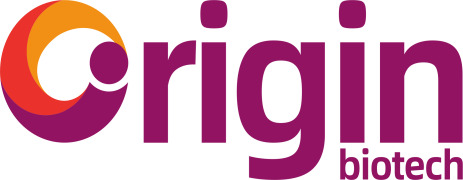






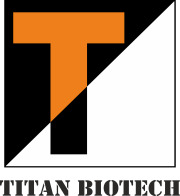
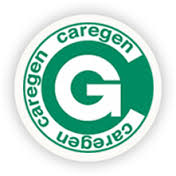
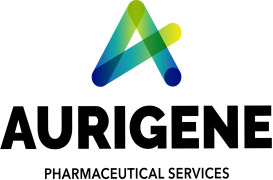


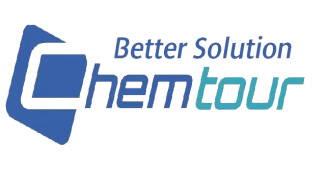
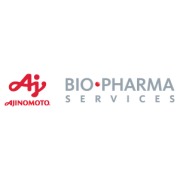


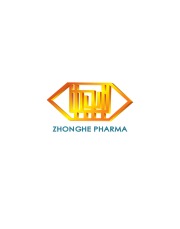







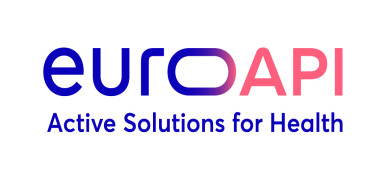

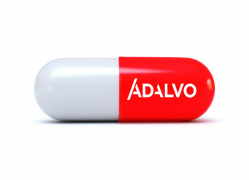




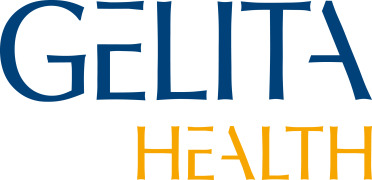





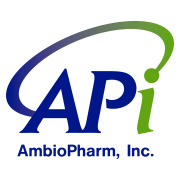



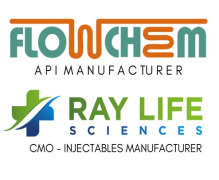


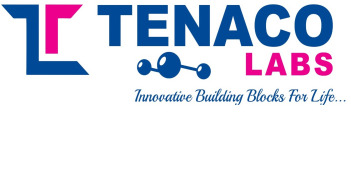




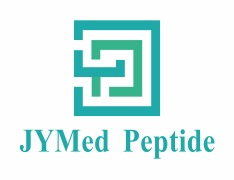
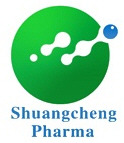





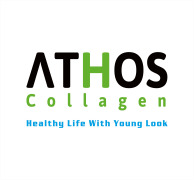
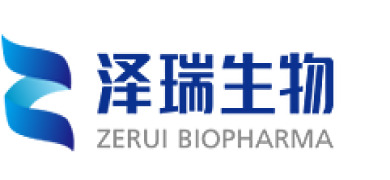







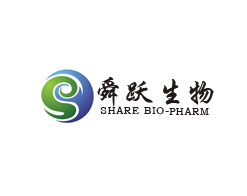

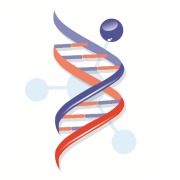



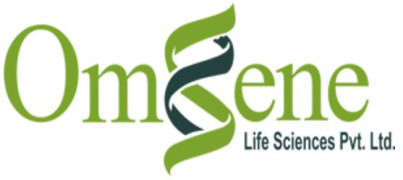
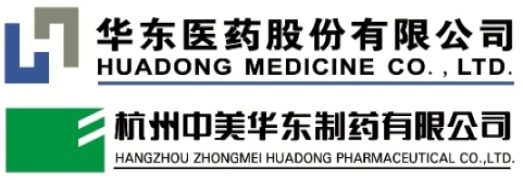


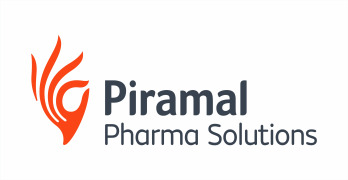

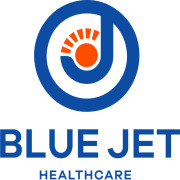

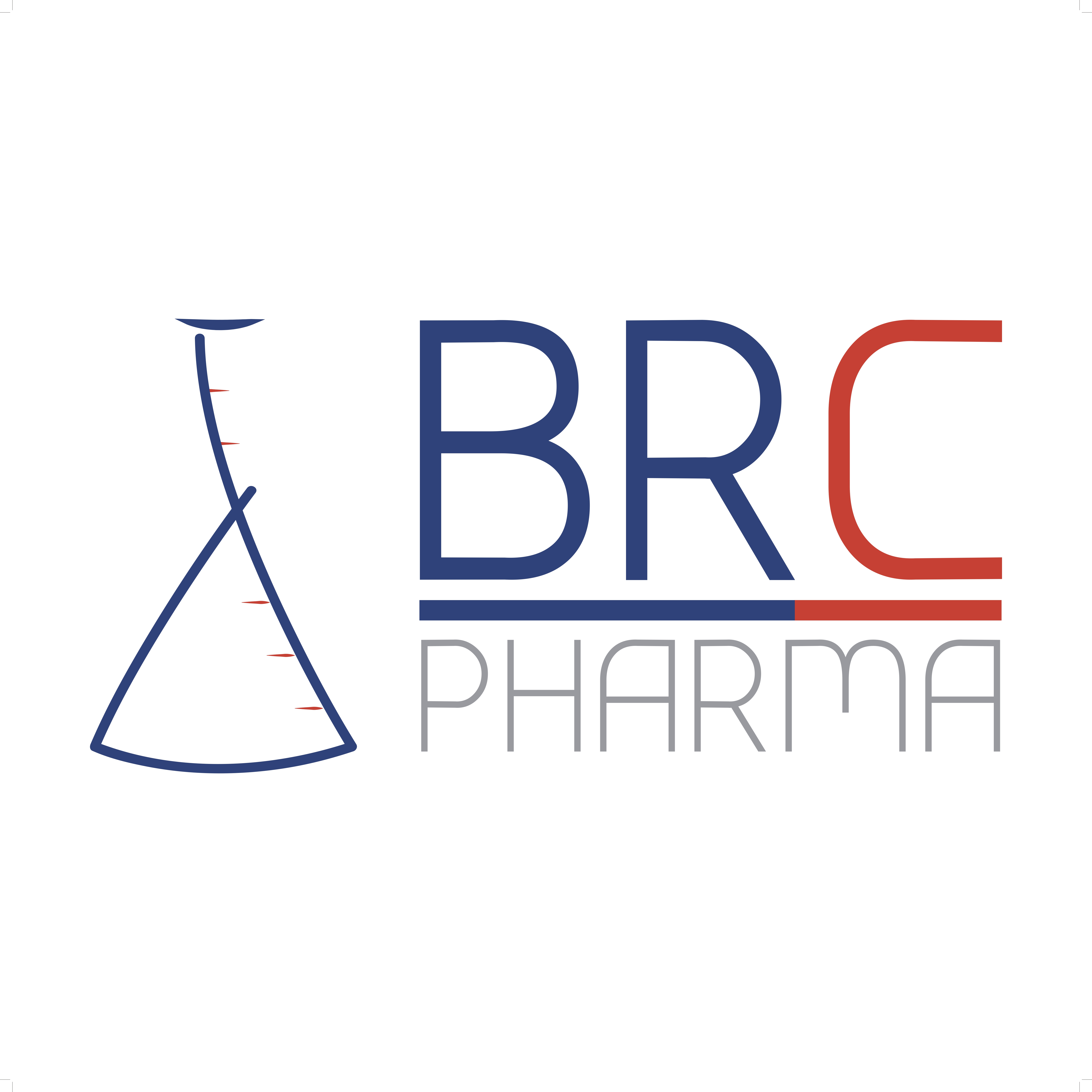







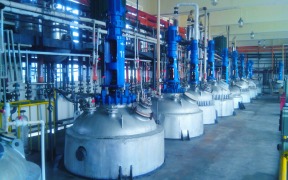


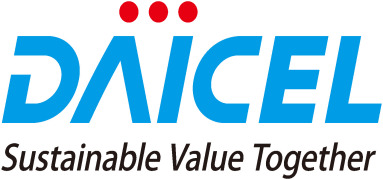

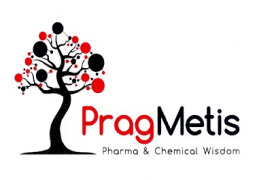





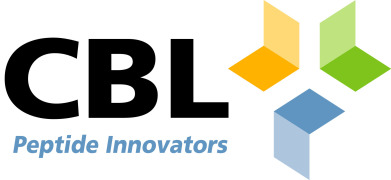

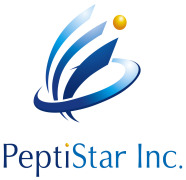

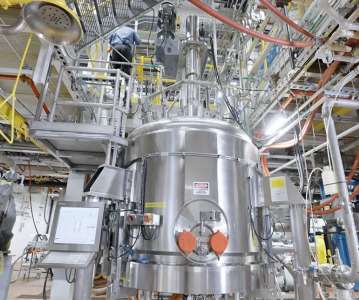

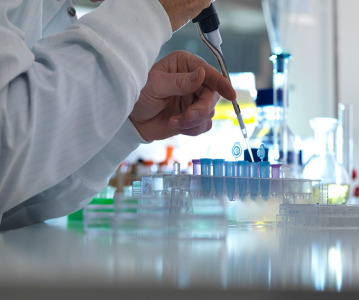



.jpg)

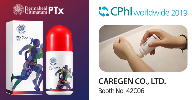
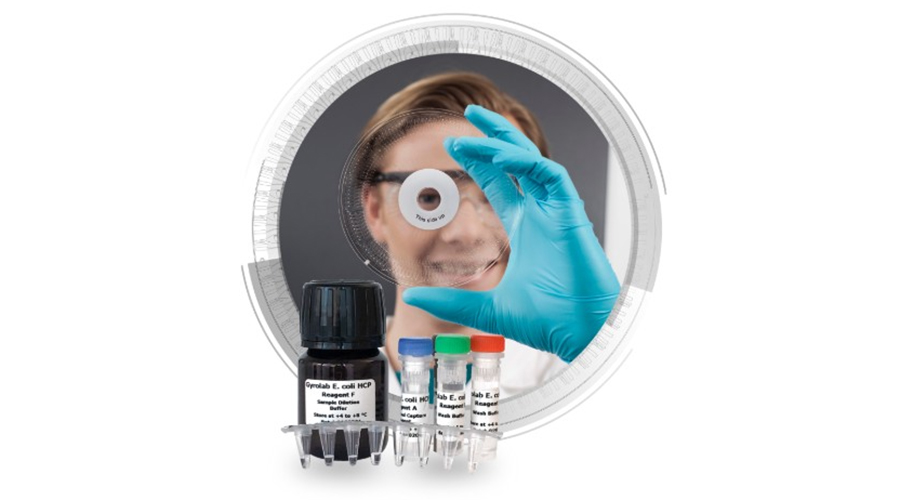






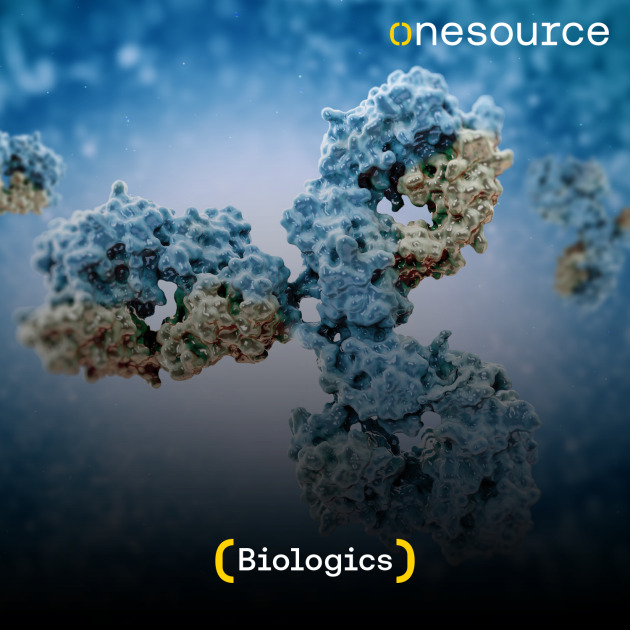
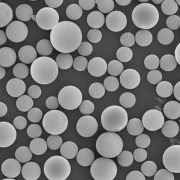


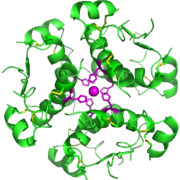


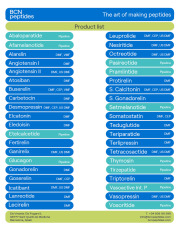

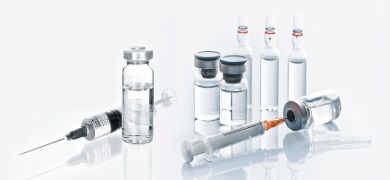

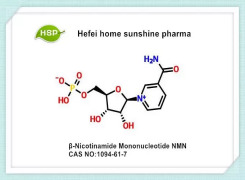






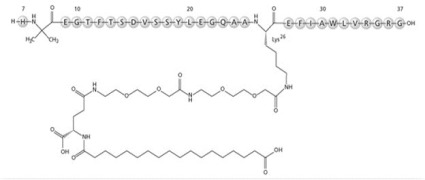

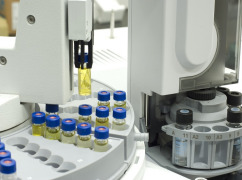
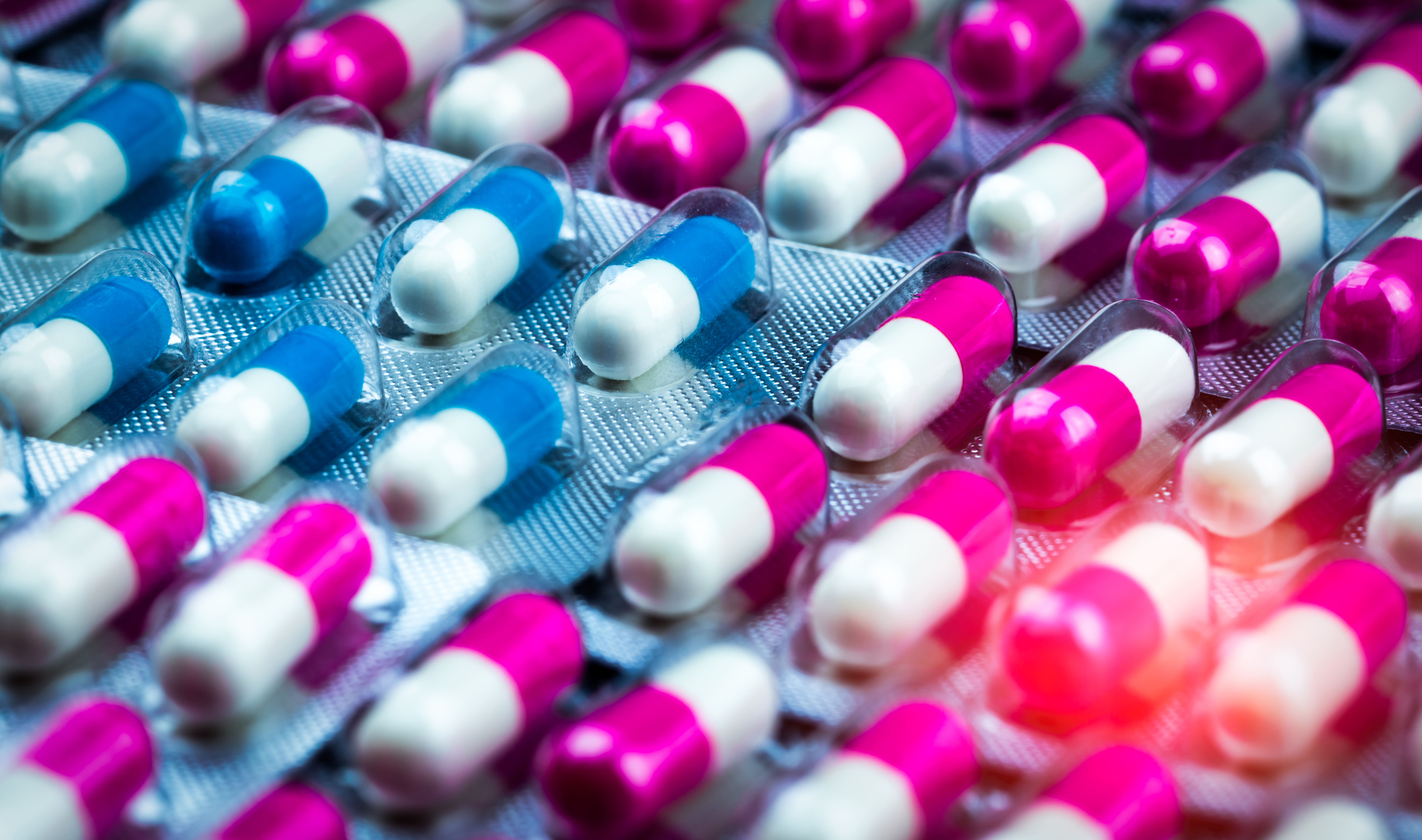



![Fmoc-L-Lys[Oct-(otBu)-Glu-(otBu)-AEEA-AEEA]-OH CAS 1662688-20-1](https://www.cphi-online.com/46/product/123/58/01/p1235801th_S.jpg)
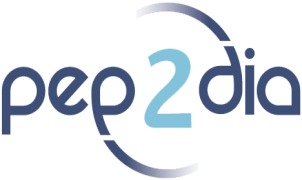
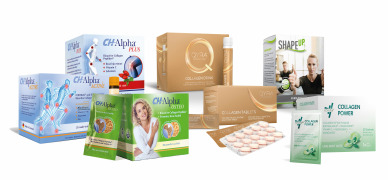

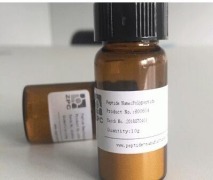
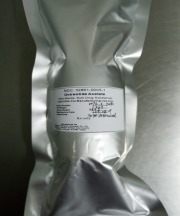
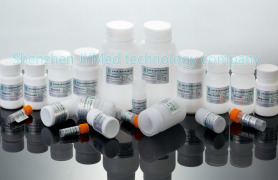
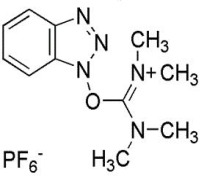

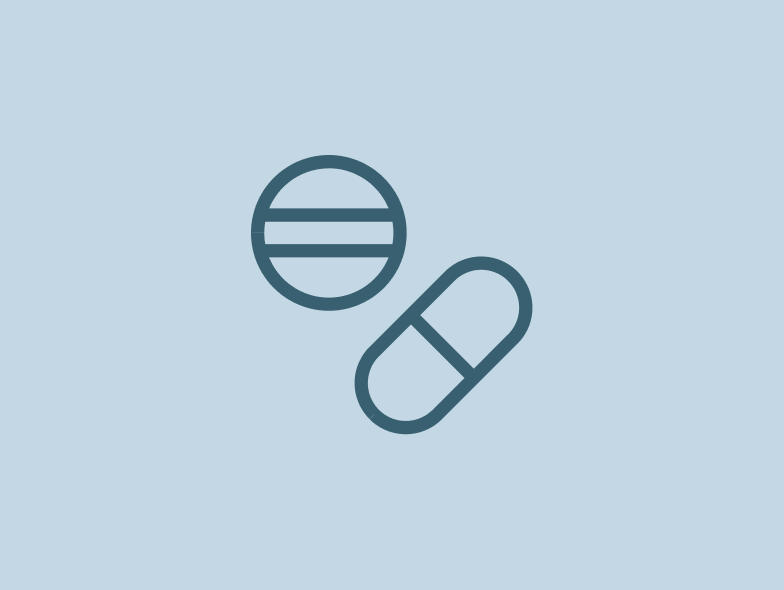





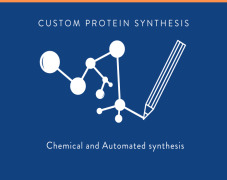

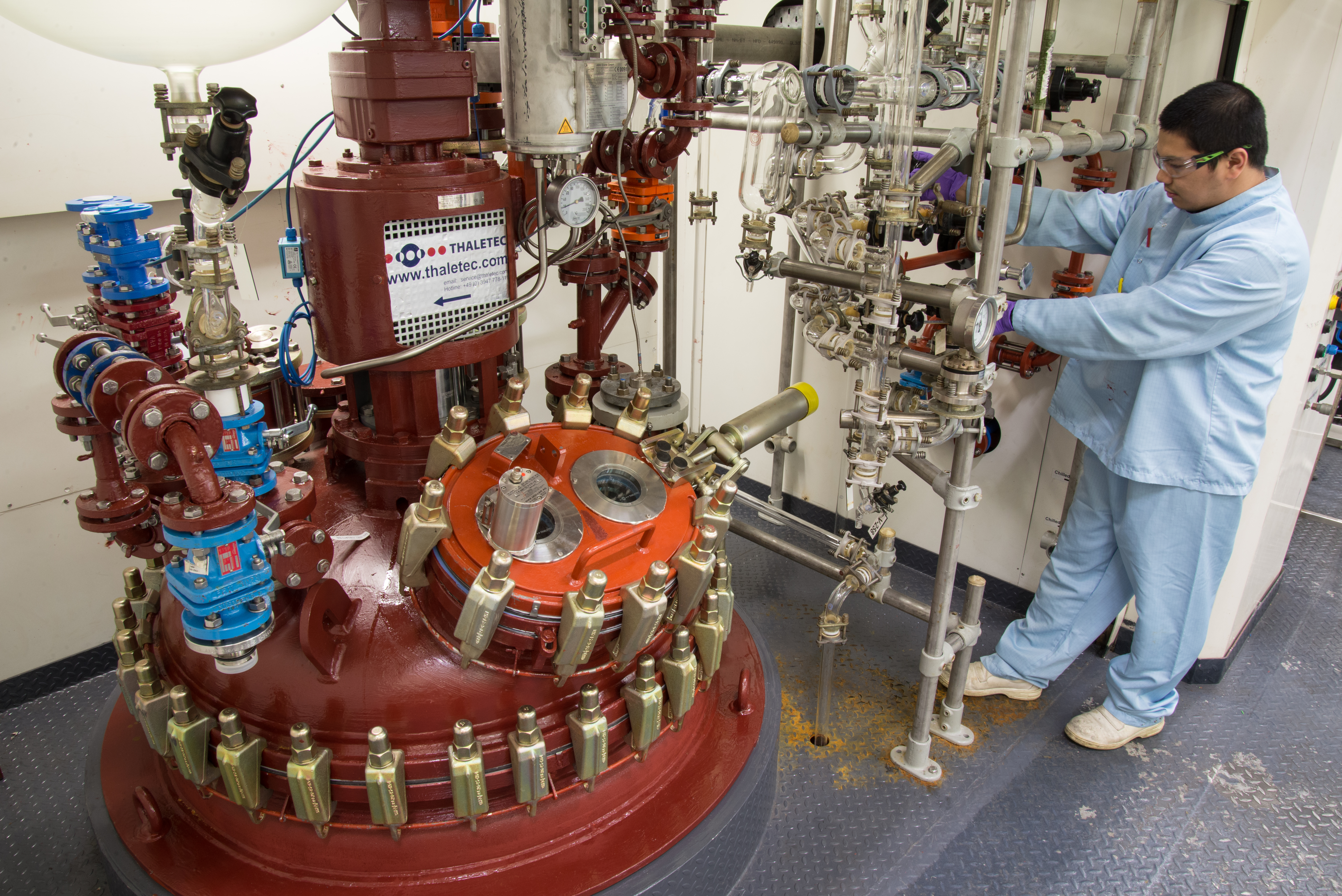
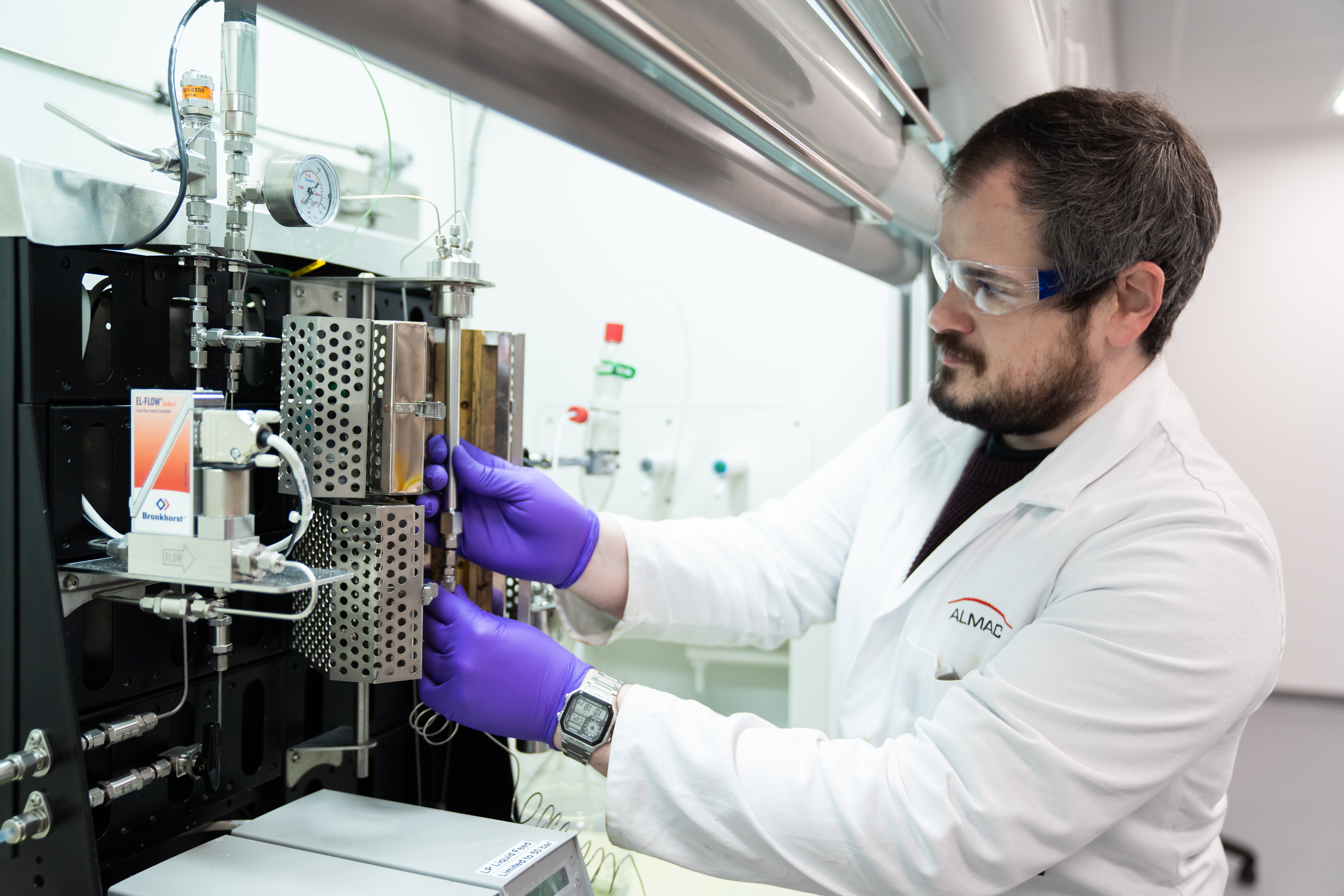



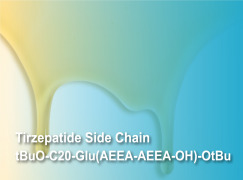

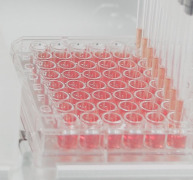


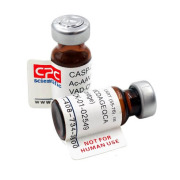


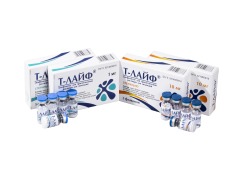



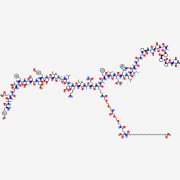
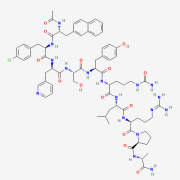













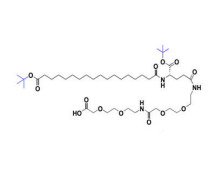

![Fmoc-L-Lys[C20-OtBu-Glu(OtBu)-AEEA-AEEA]-OH CAS: 2460751-66-8](https://www.cphi-online.com/46/product/124/66/60/p0th_S.jpg)





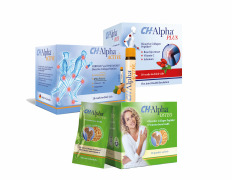

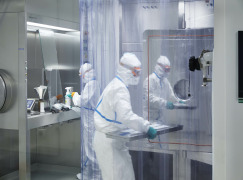
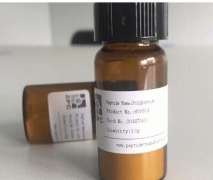
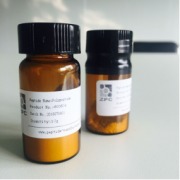
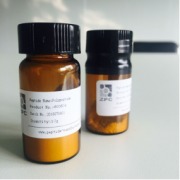
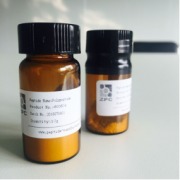
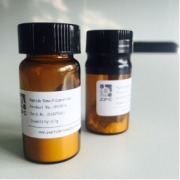
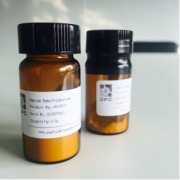
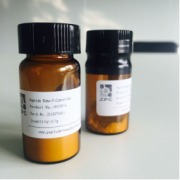
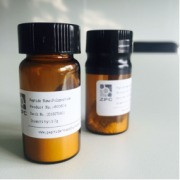
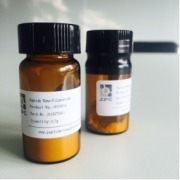
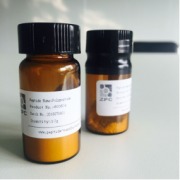
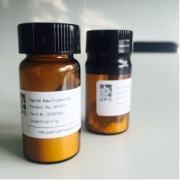
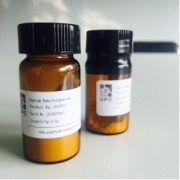
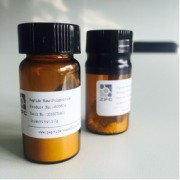

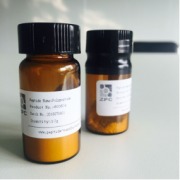
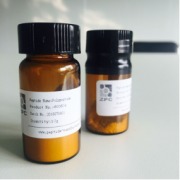
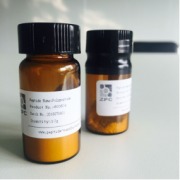
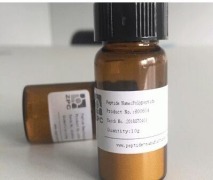
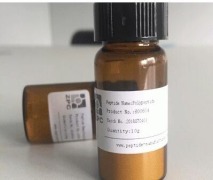
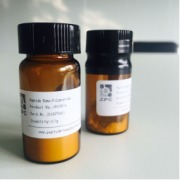
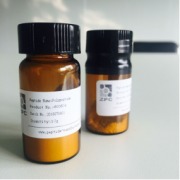
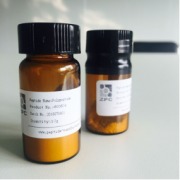
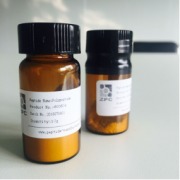
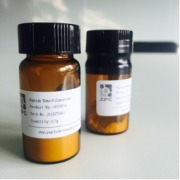
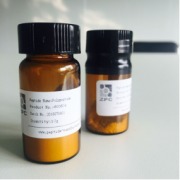
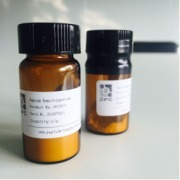
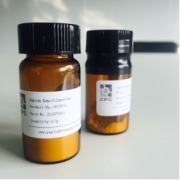
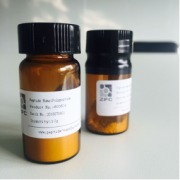
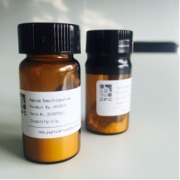
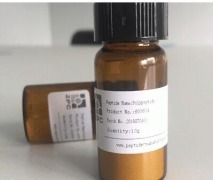
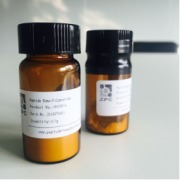
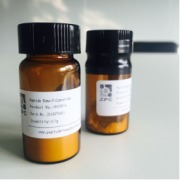


































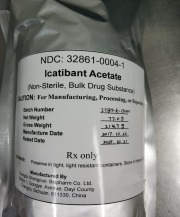
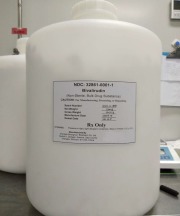
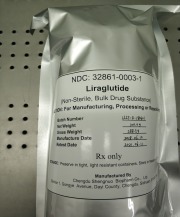

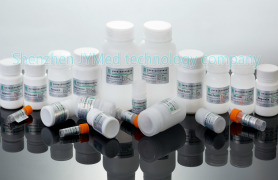
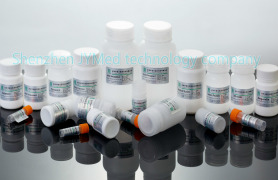
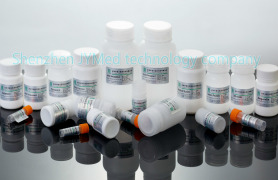
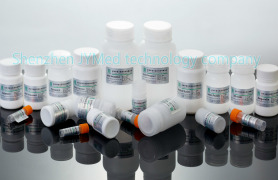
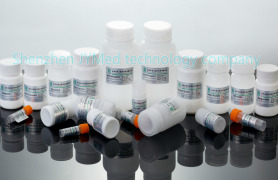
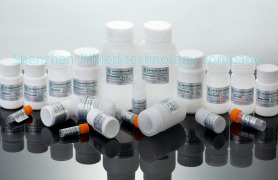
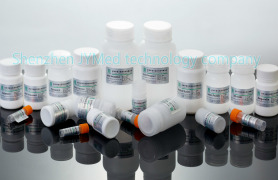
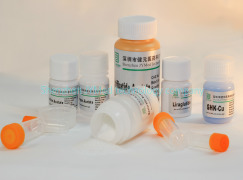
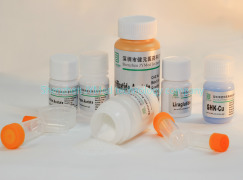
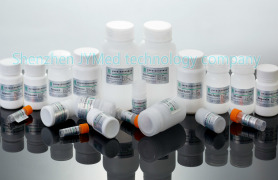
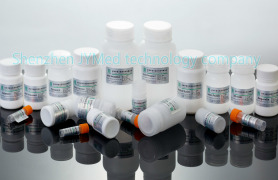
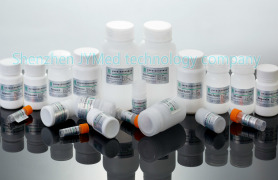
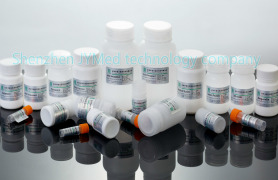
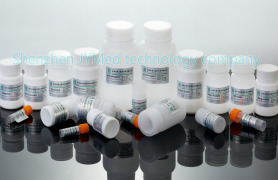
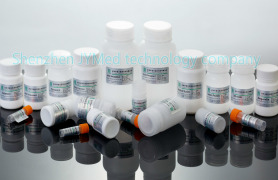
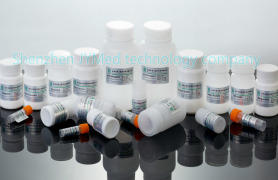
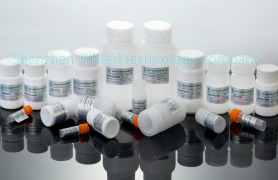
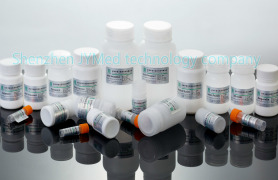
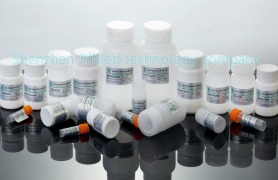
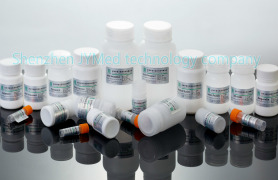
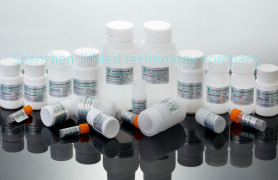
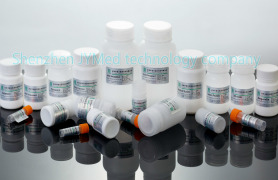
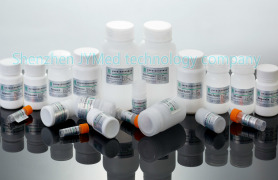
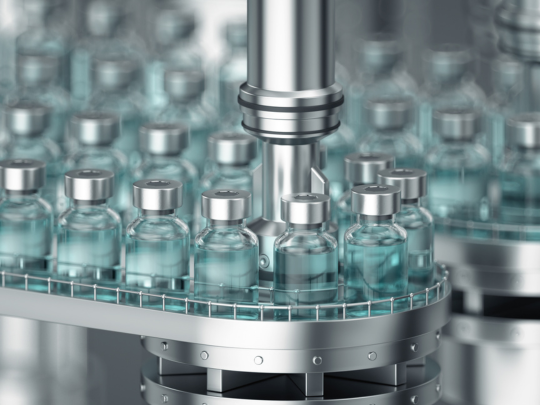

.png)
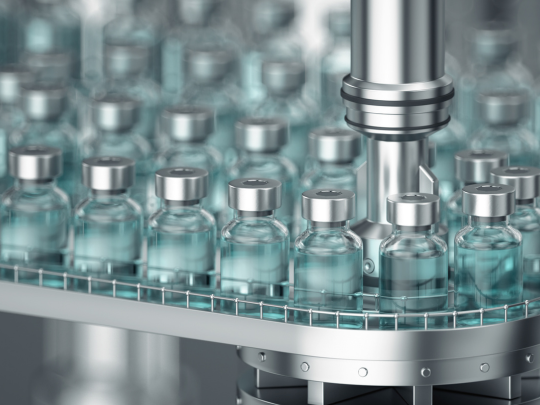

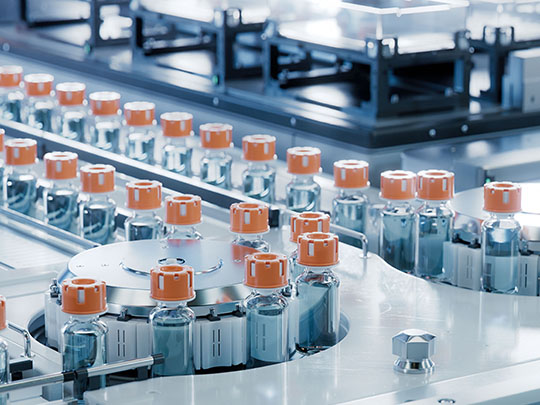




.png)

.png)
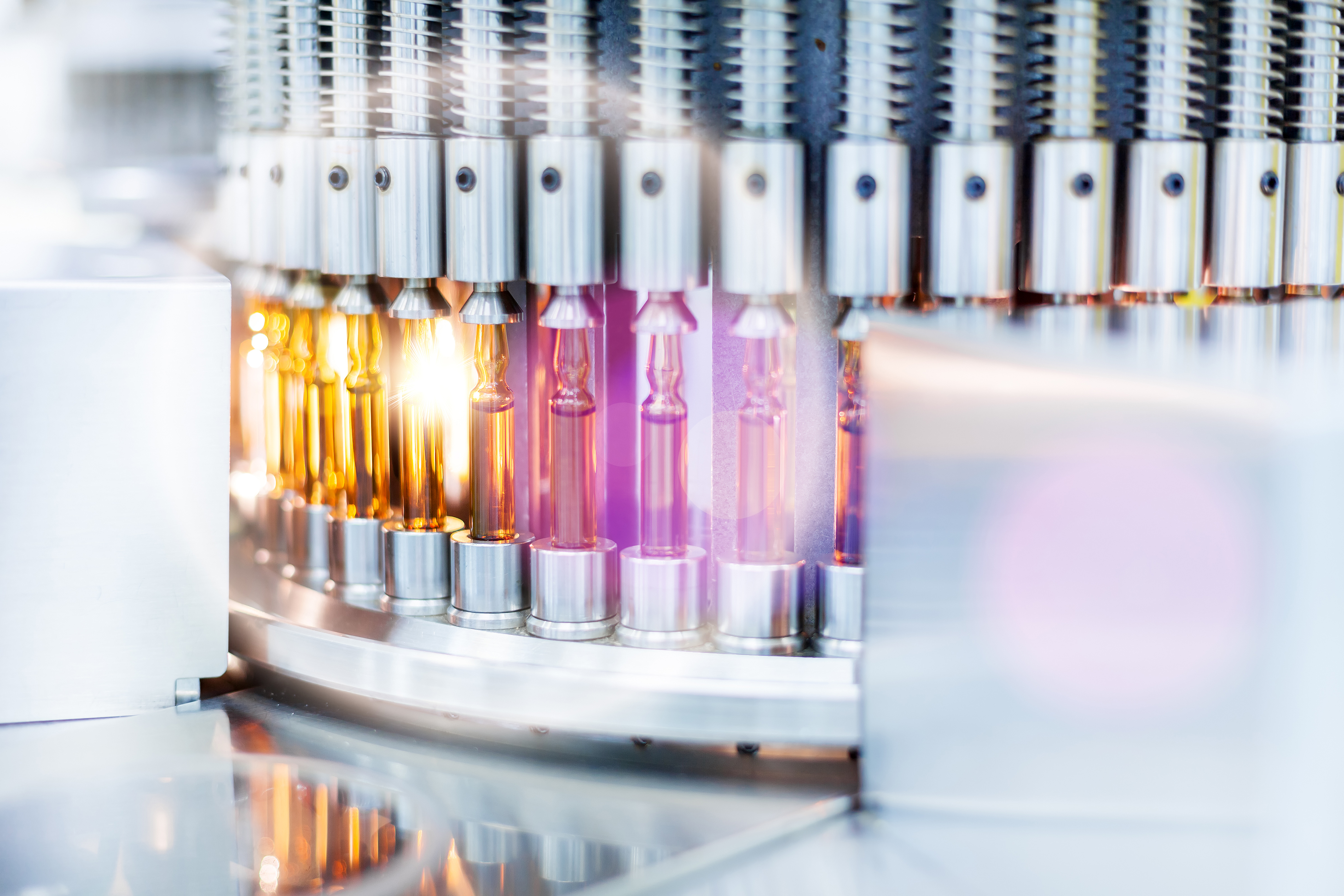


.jpg)


